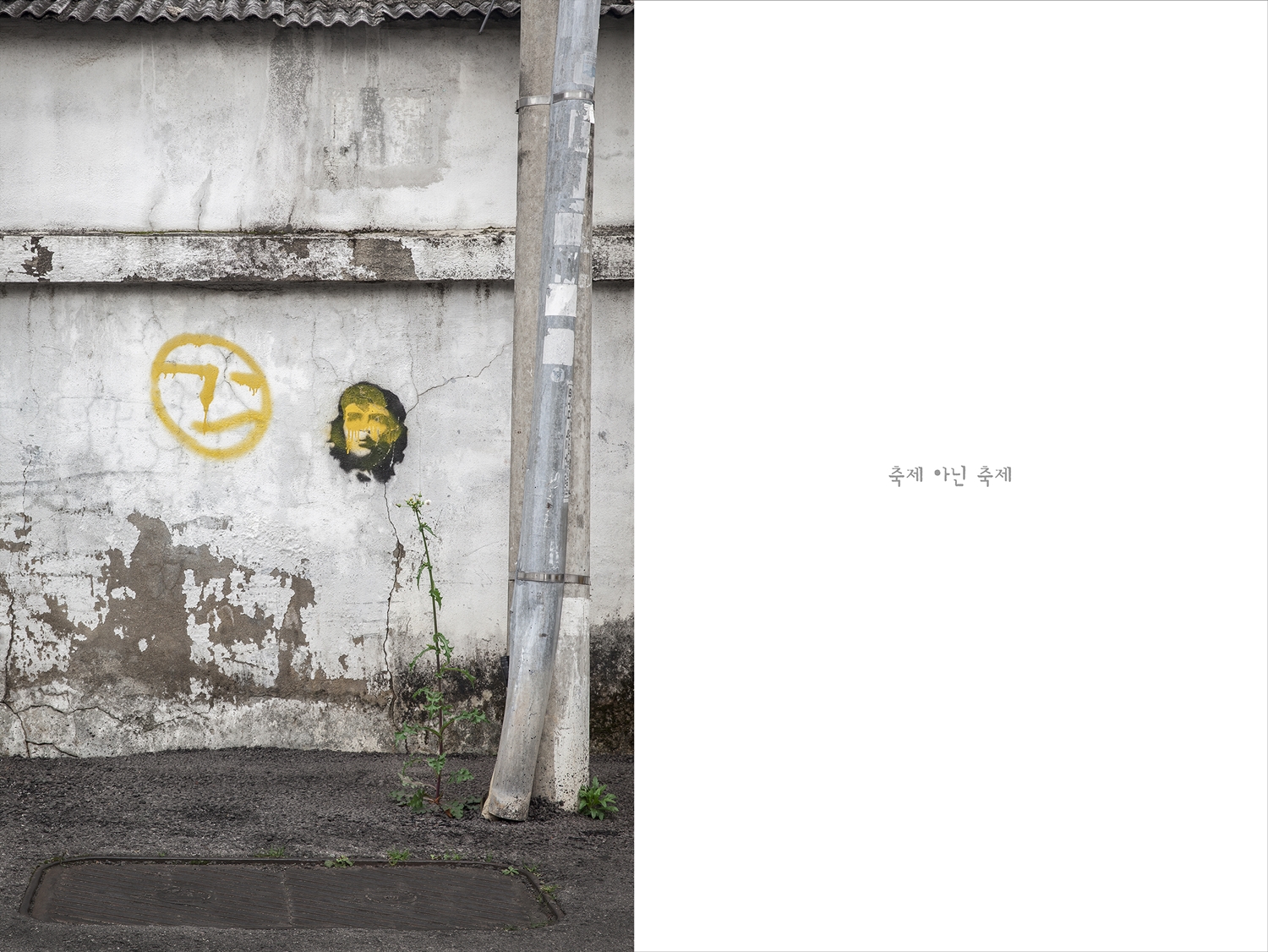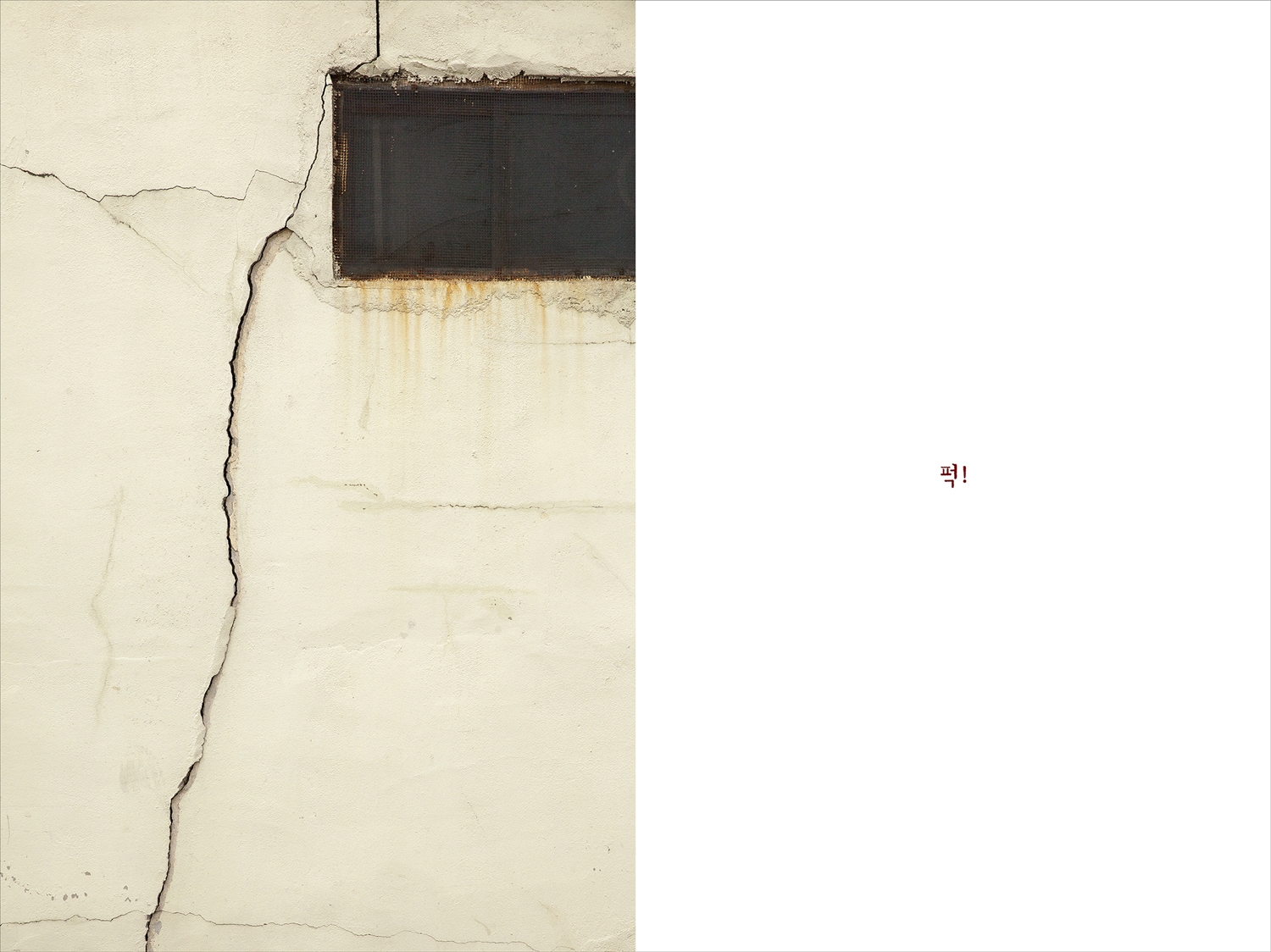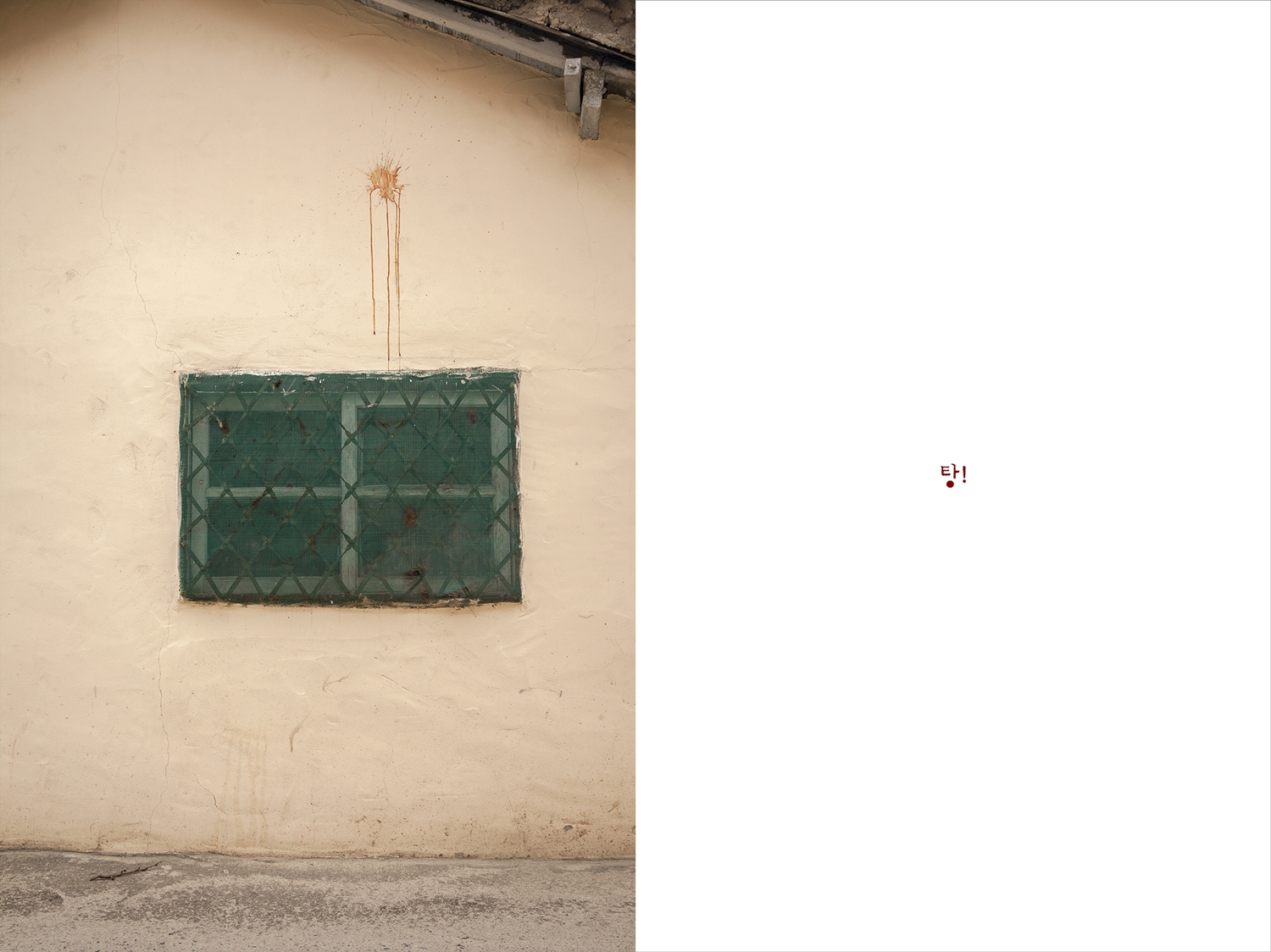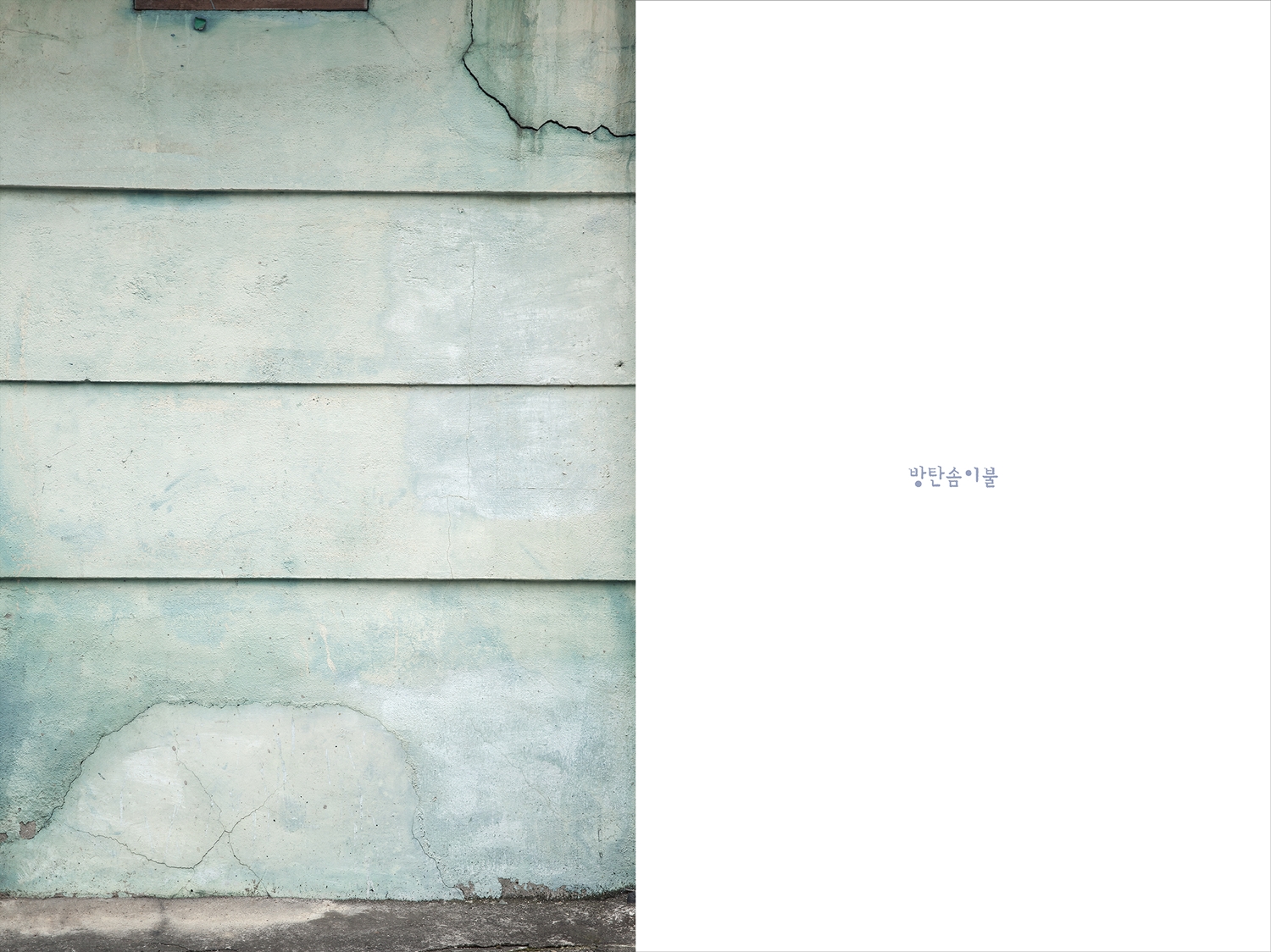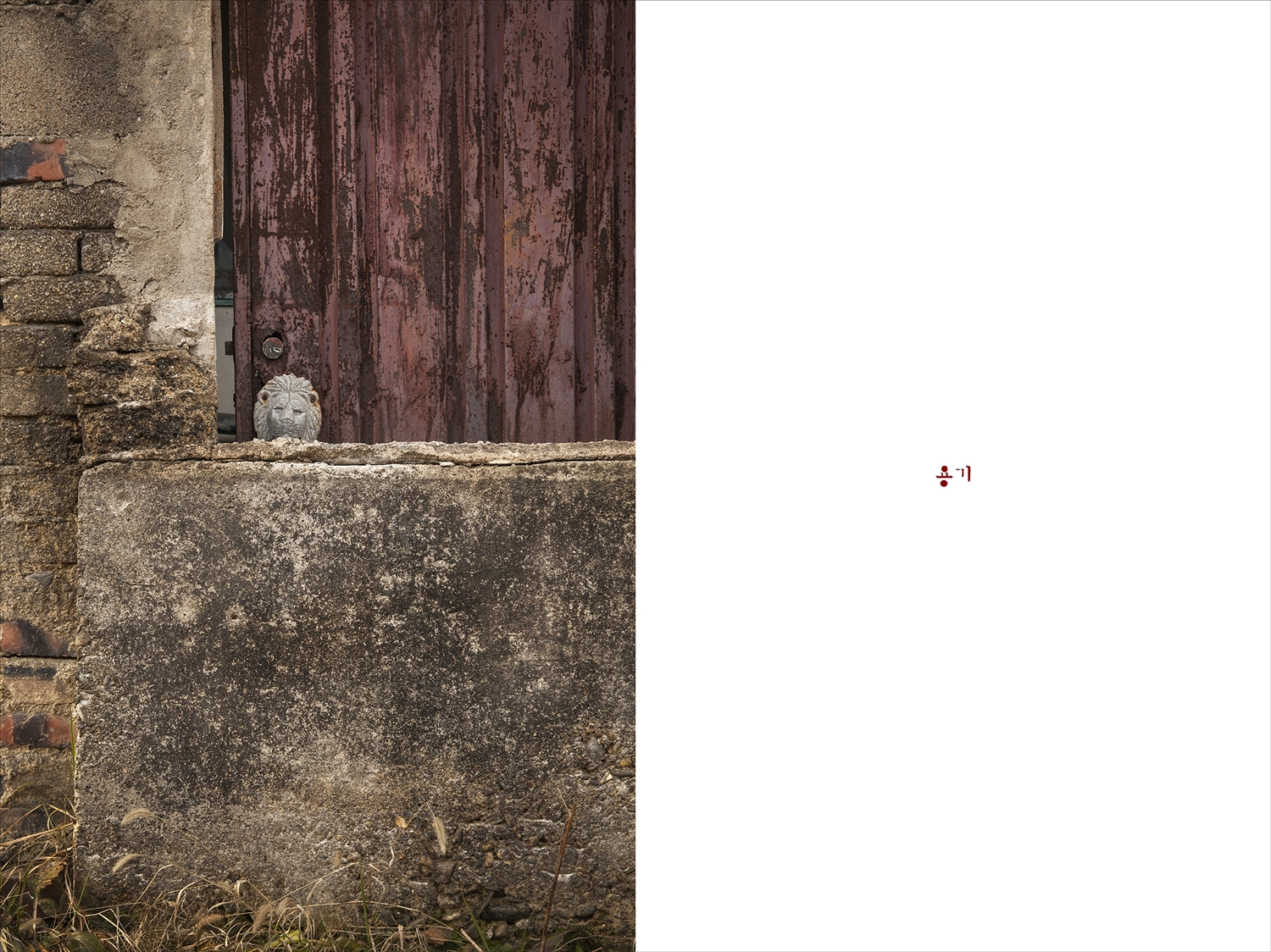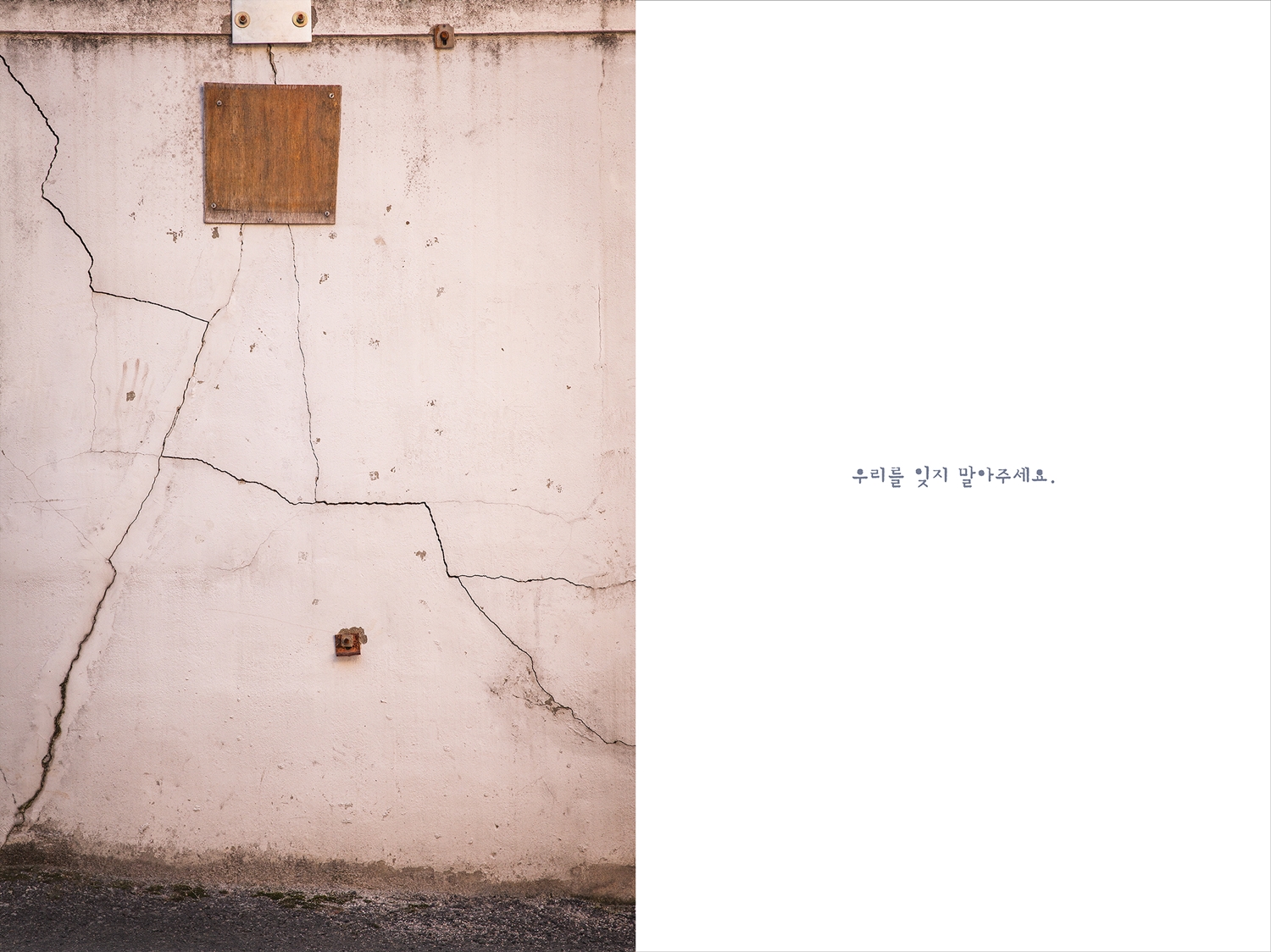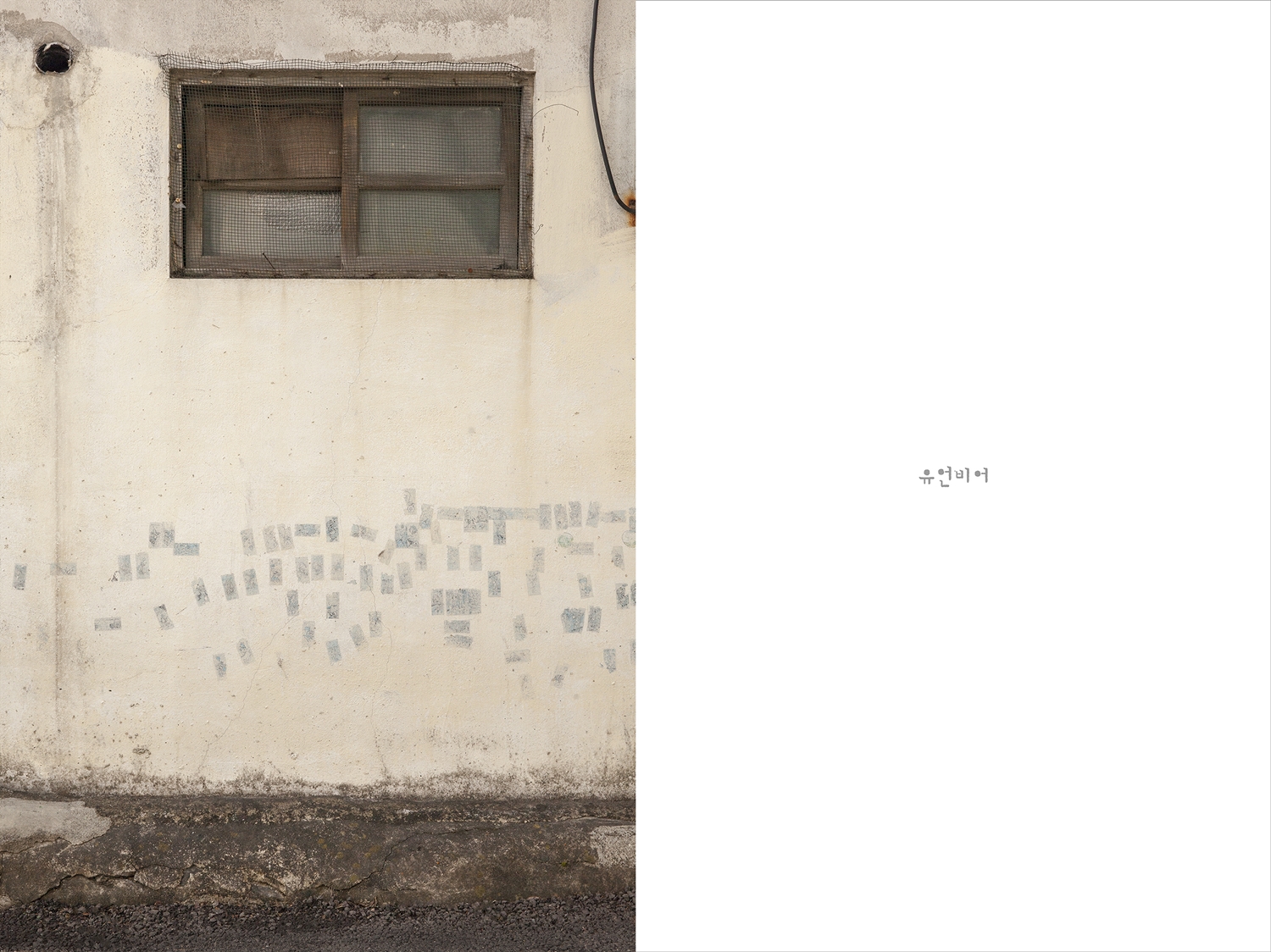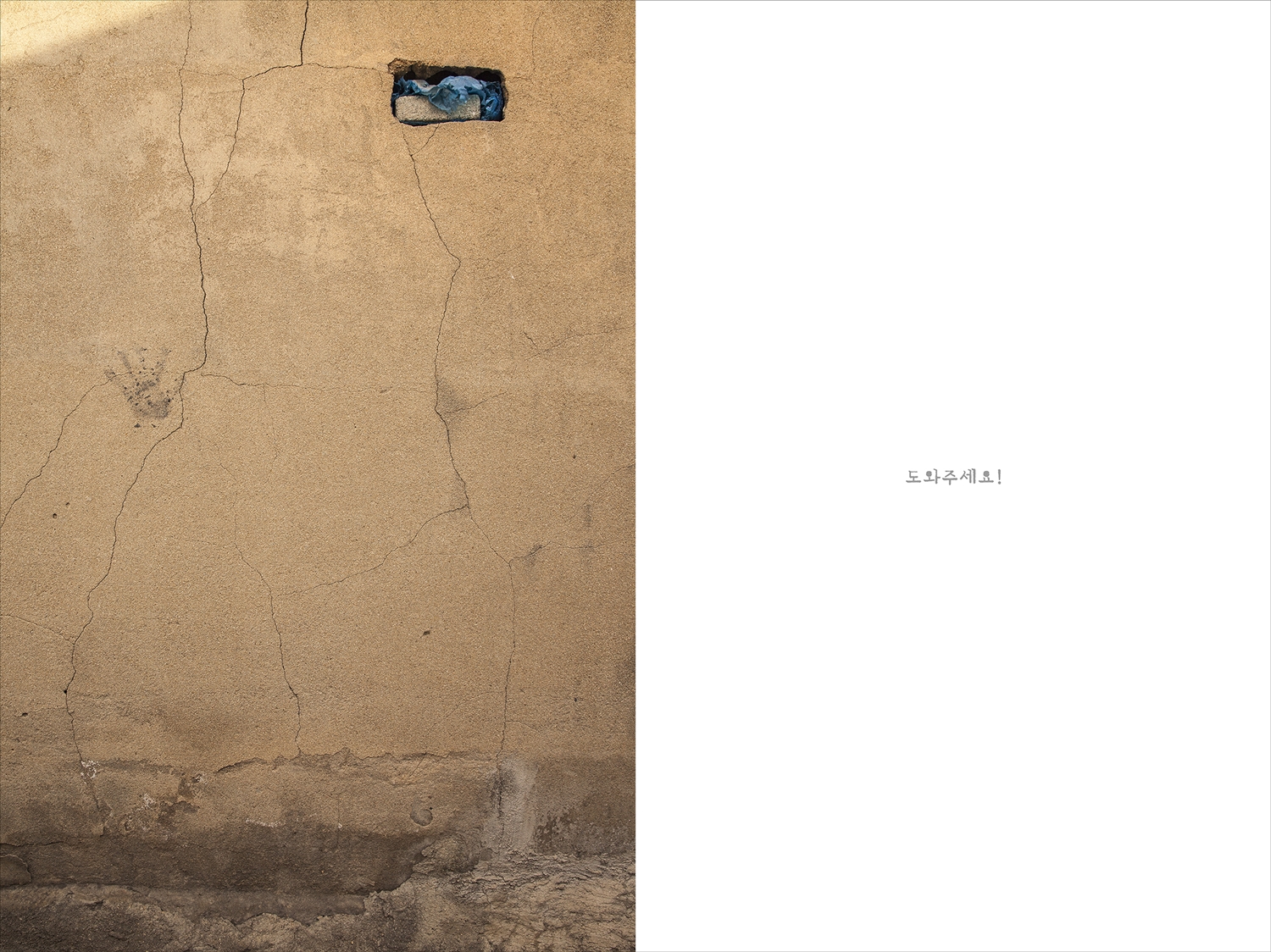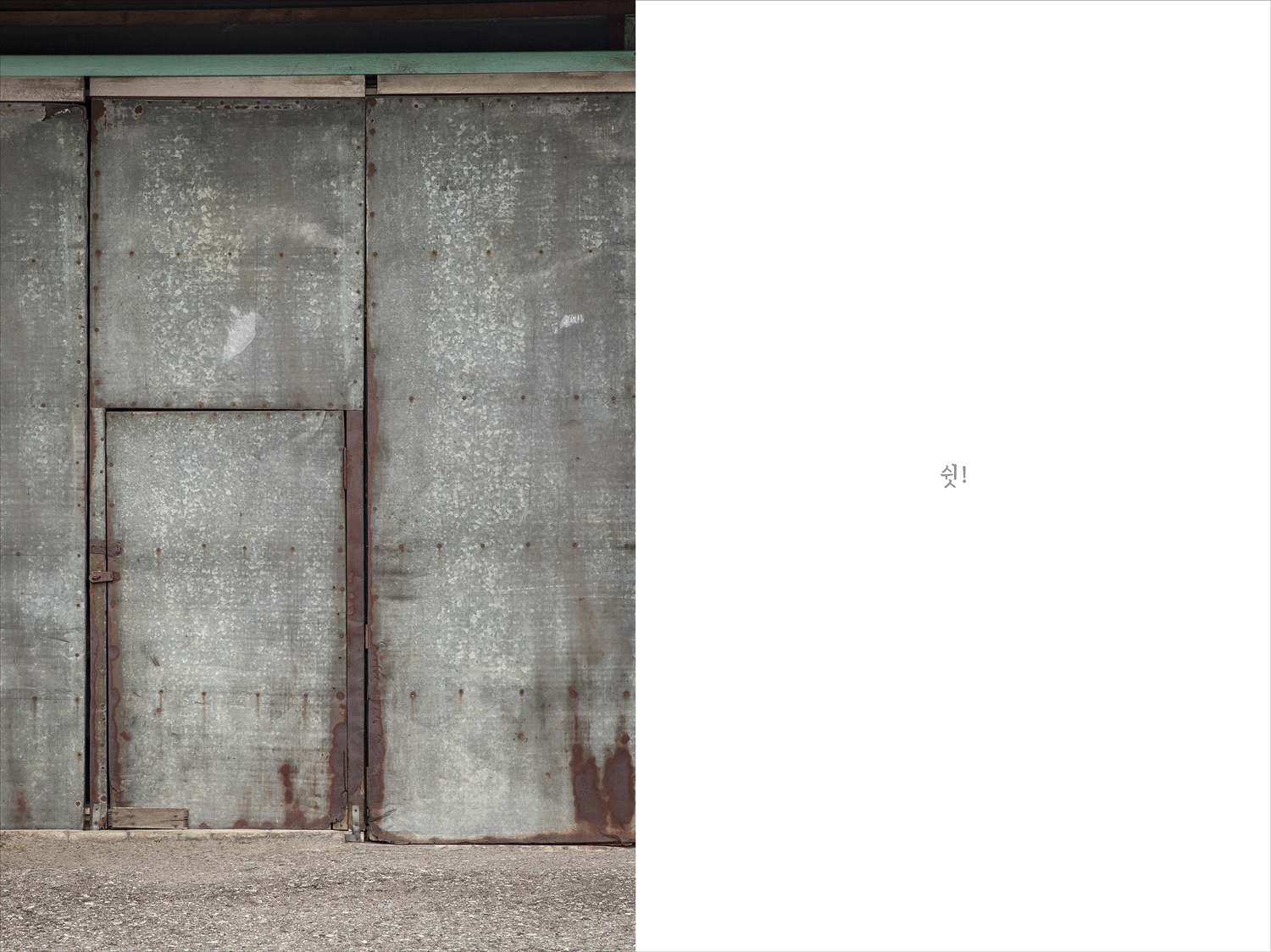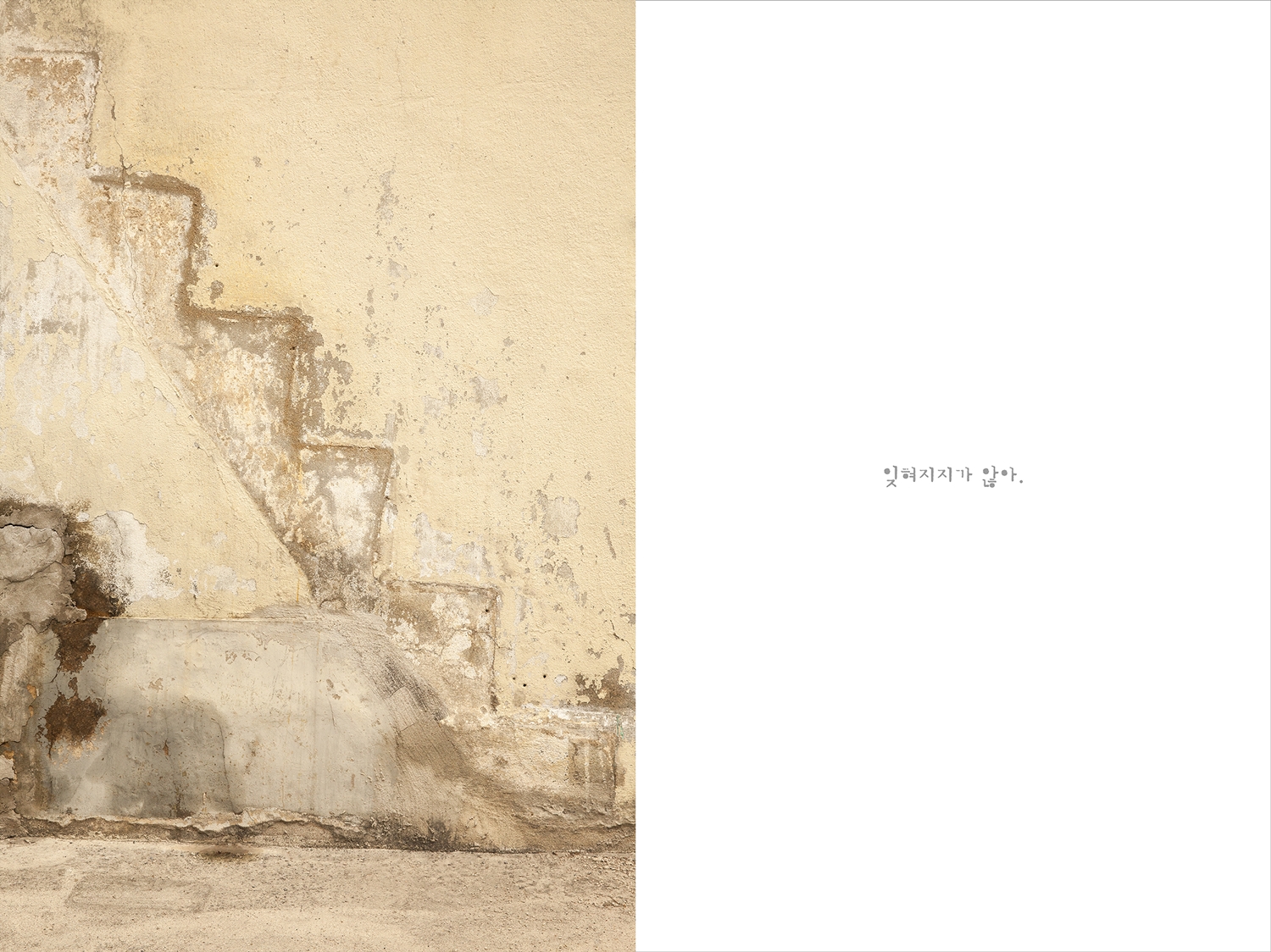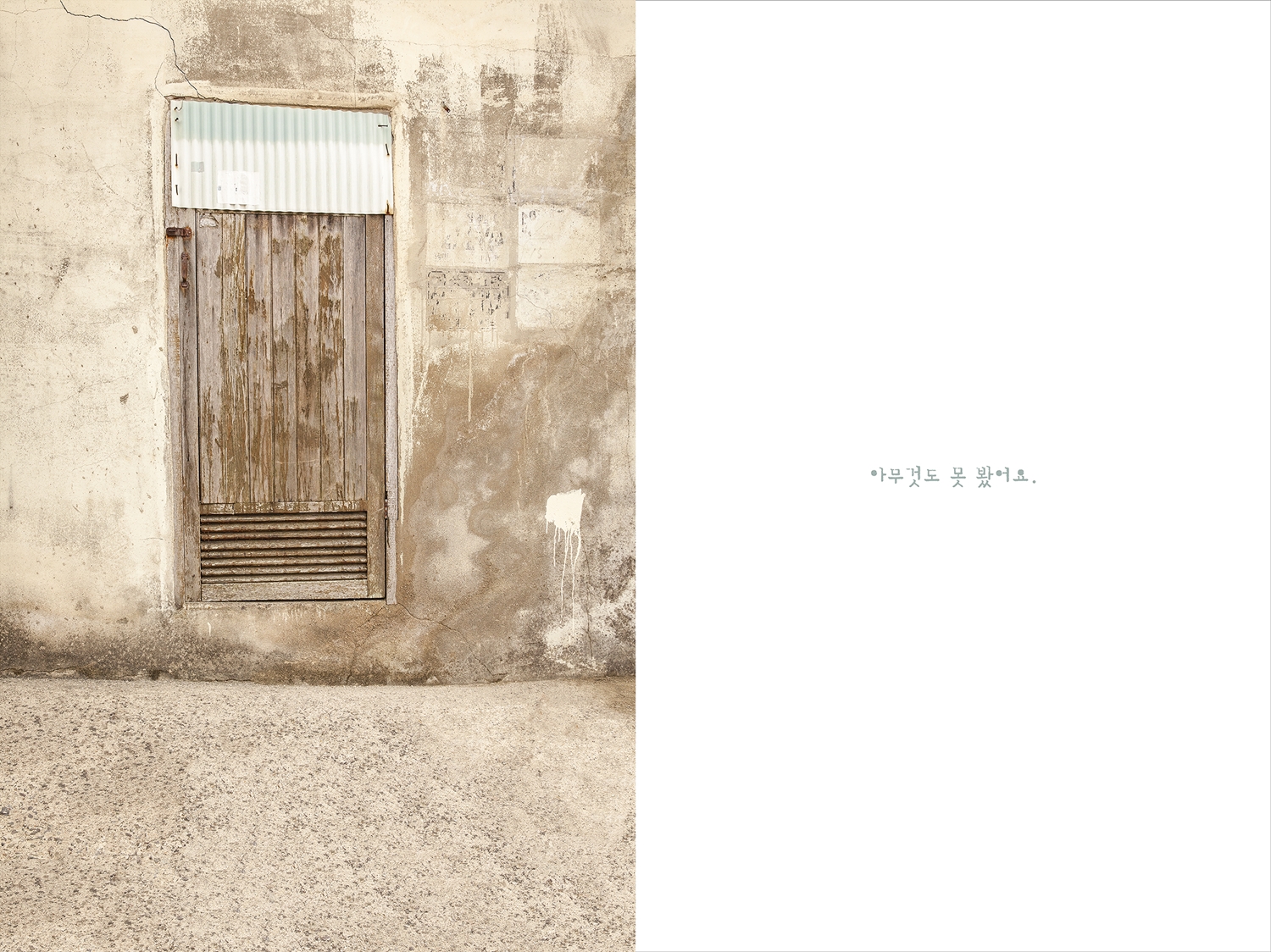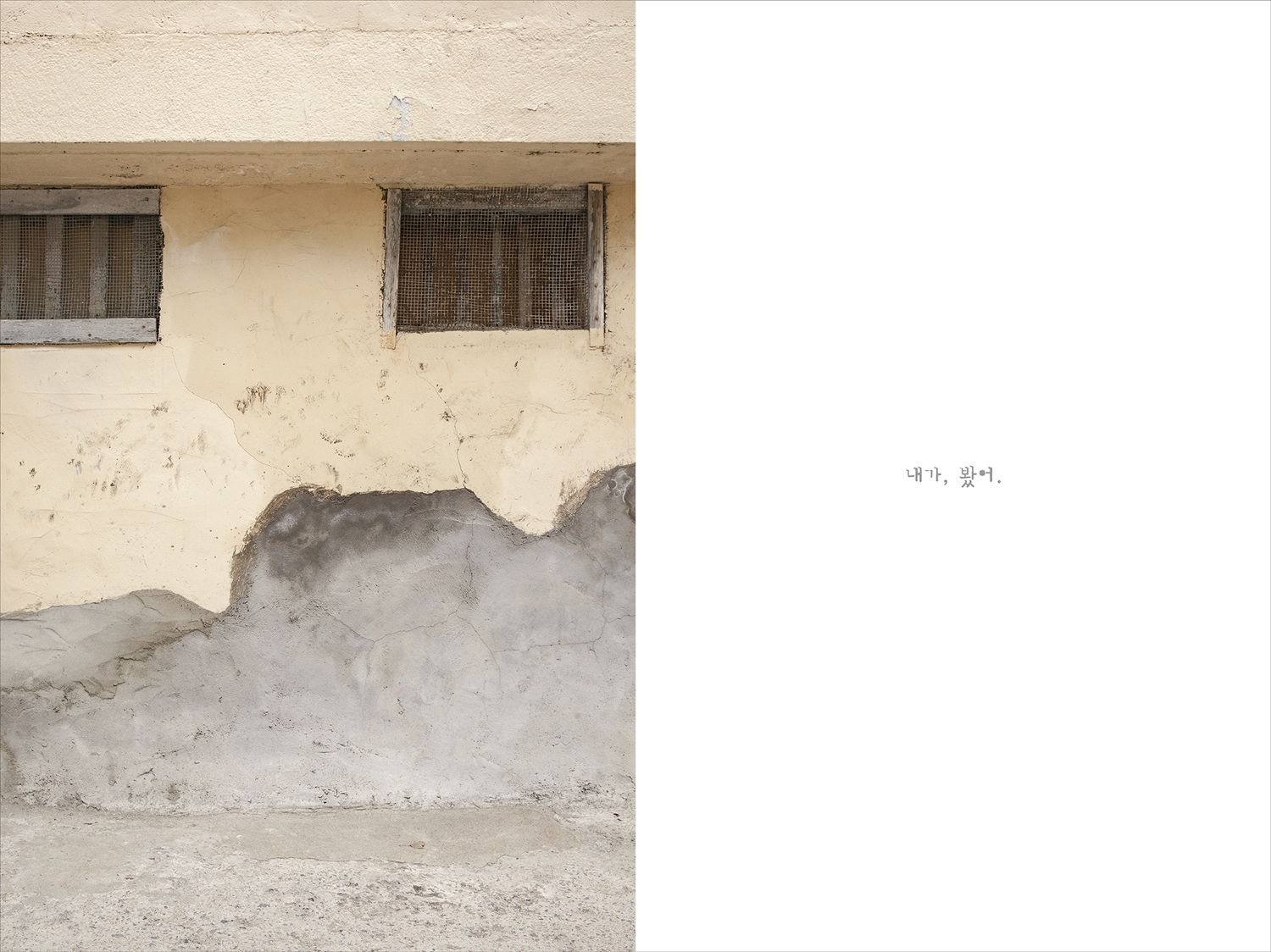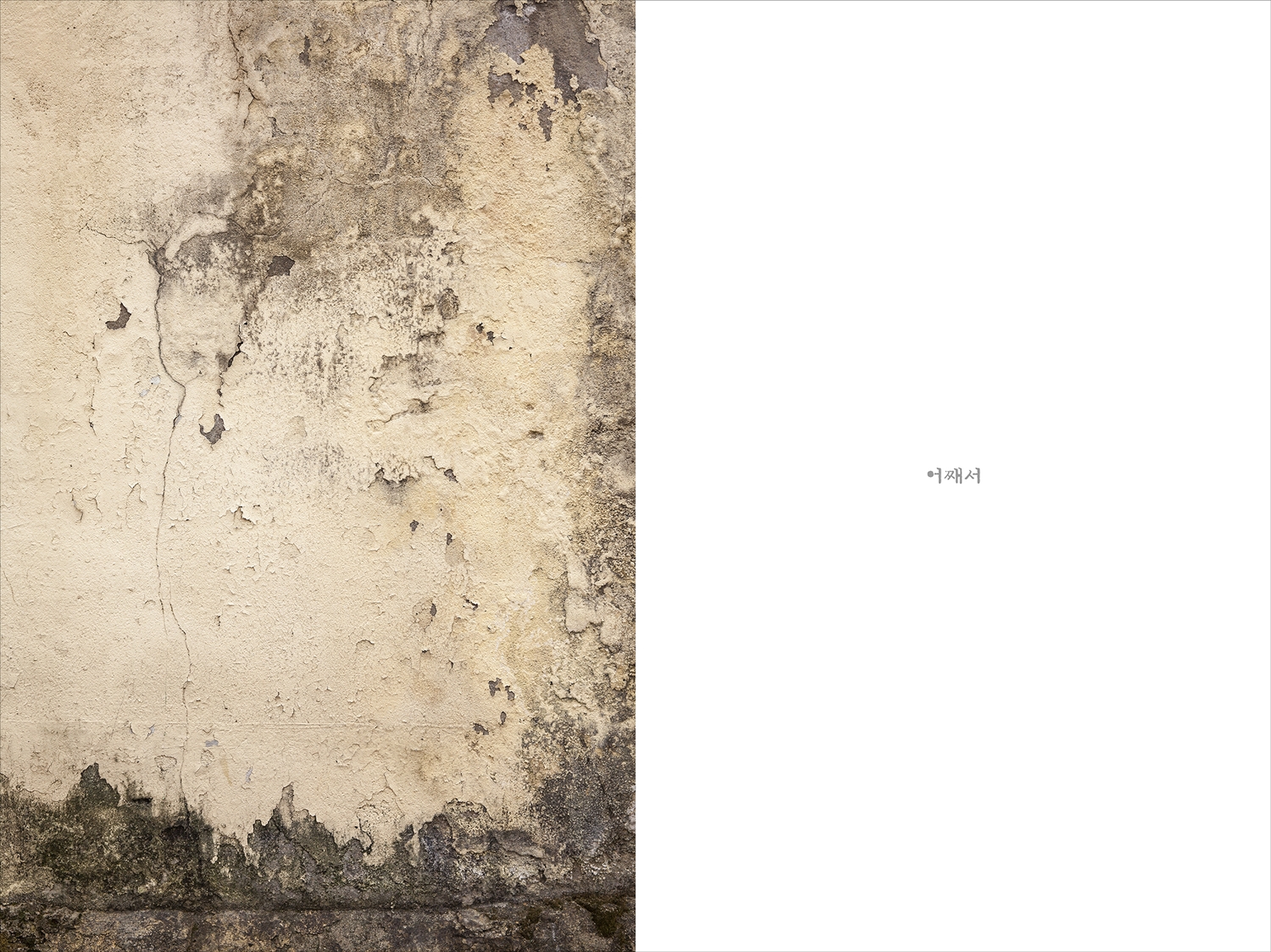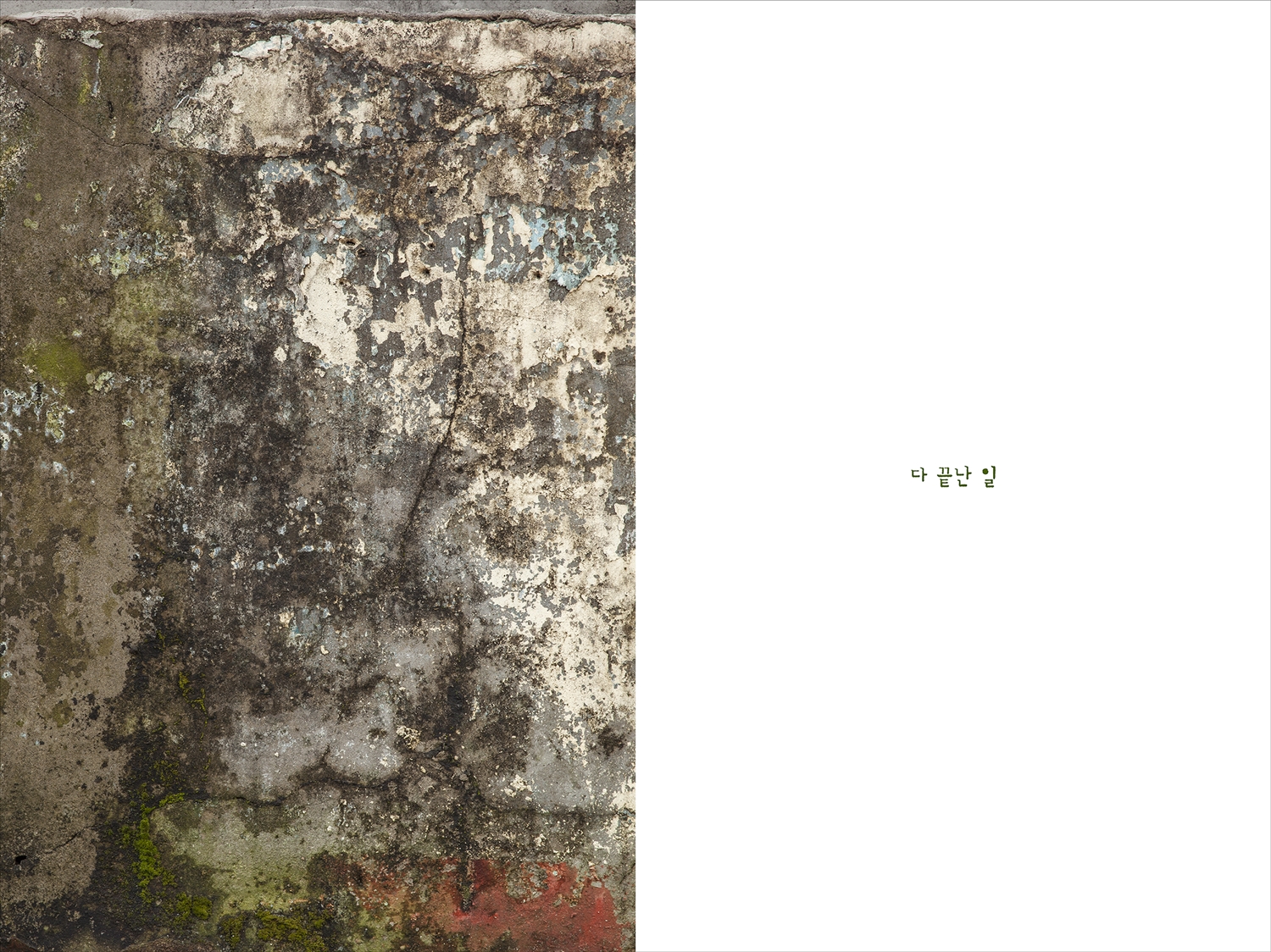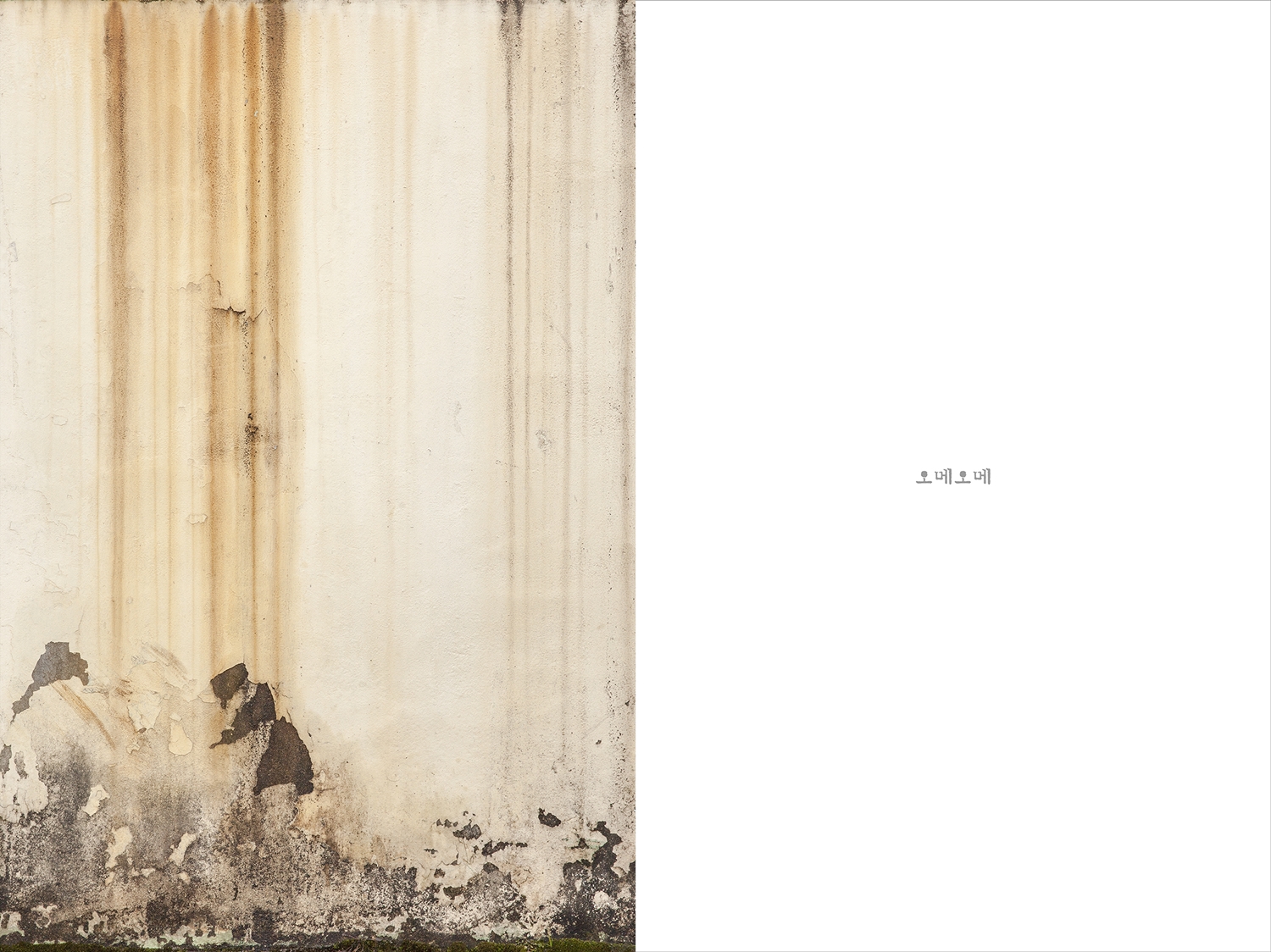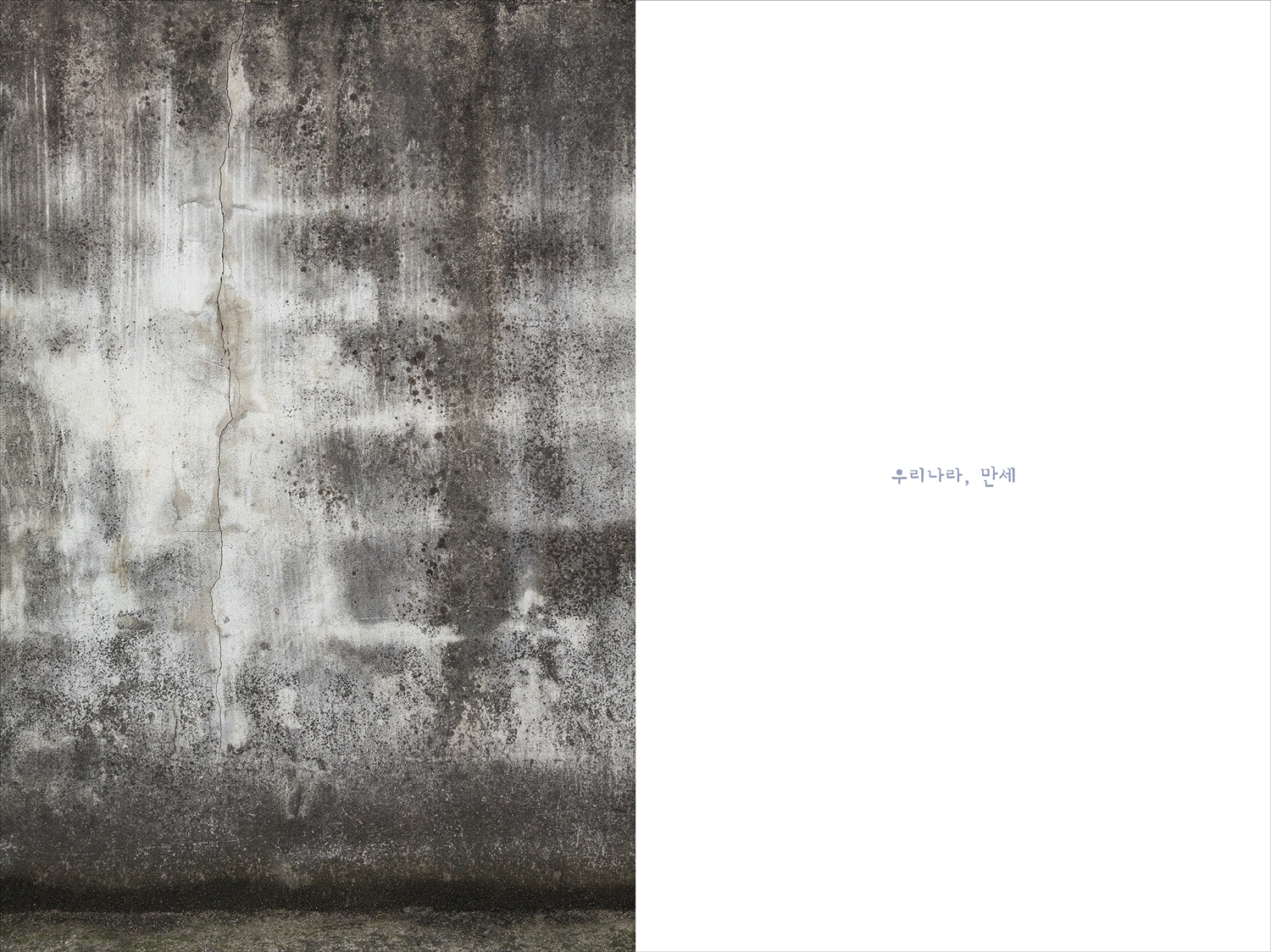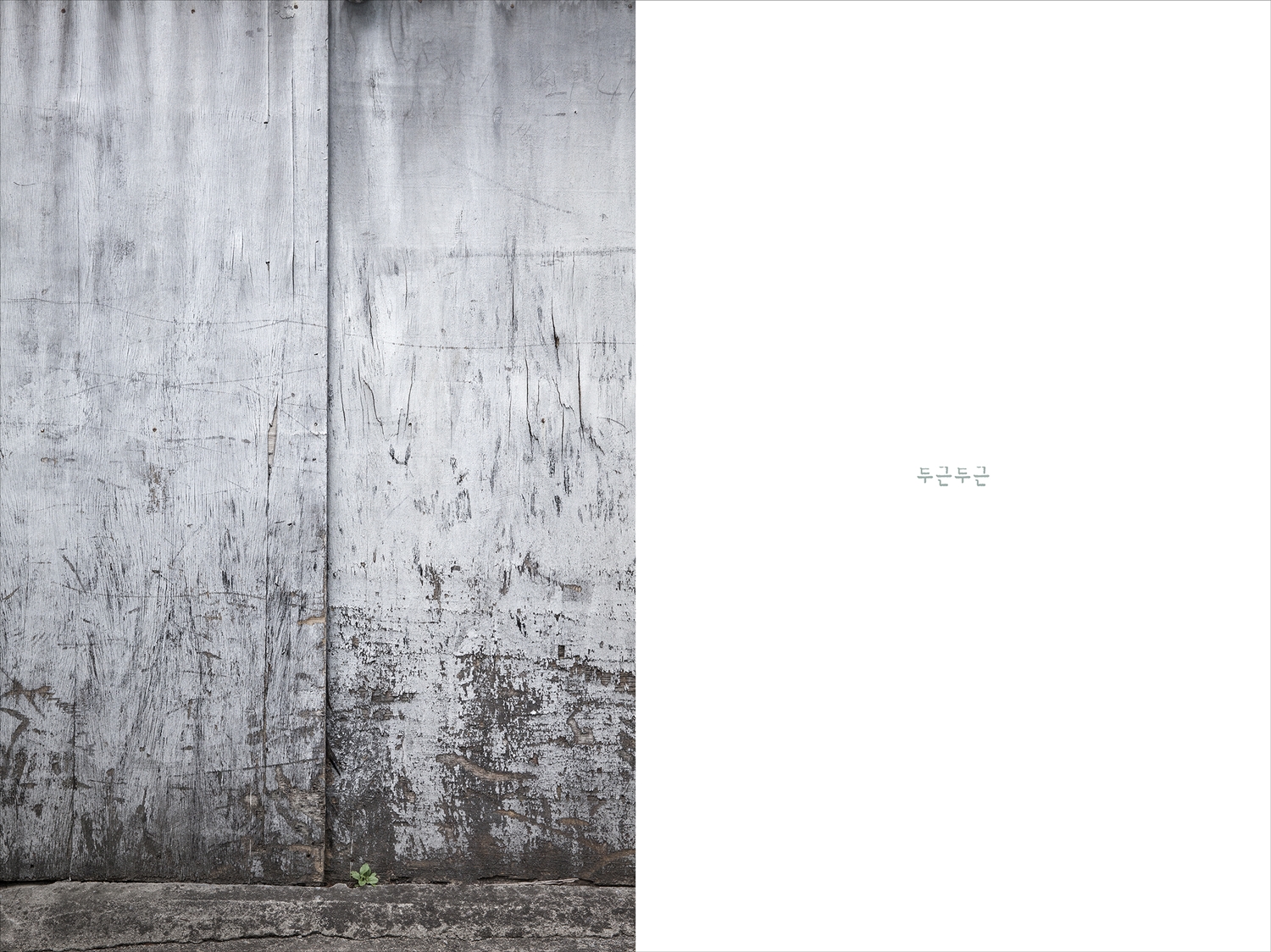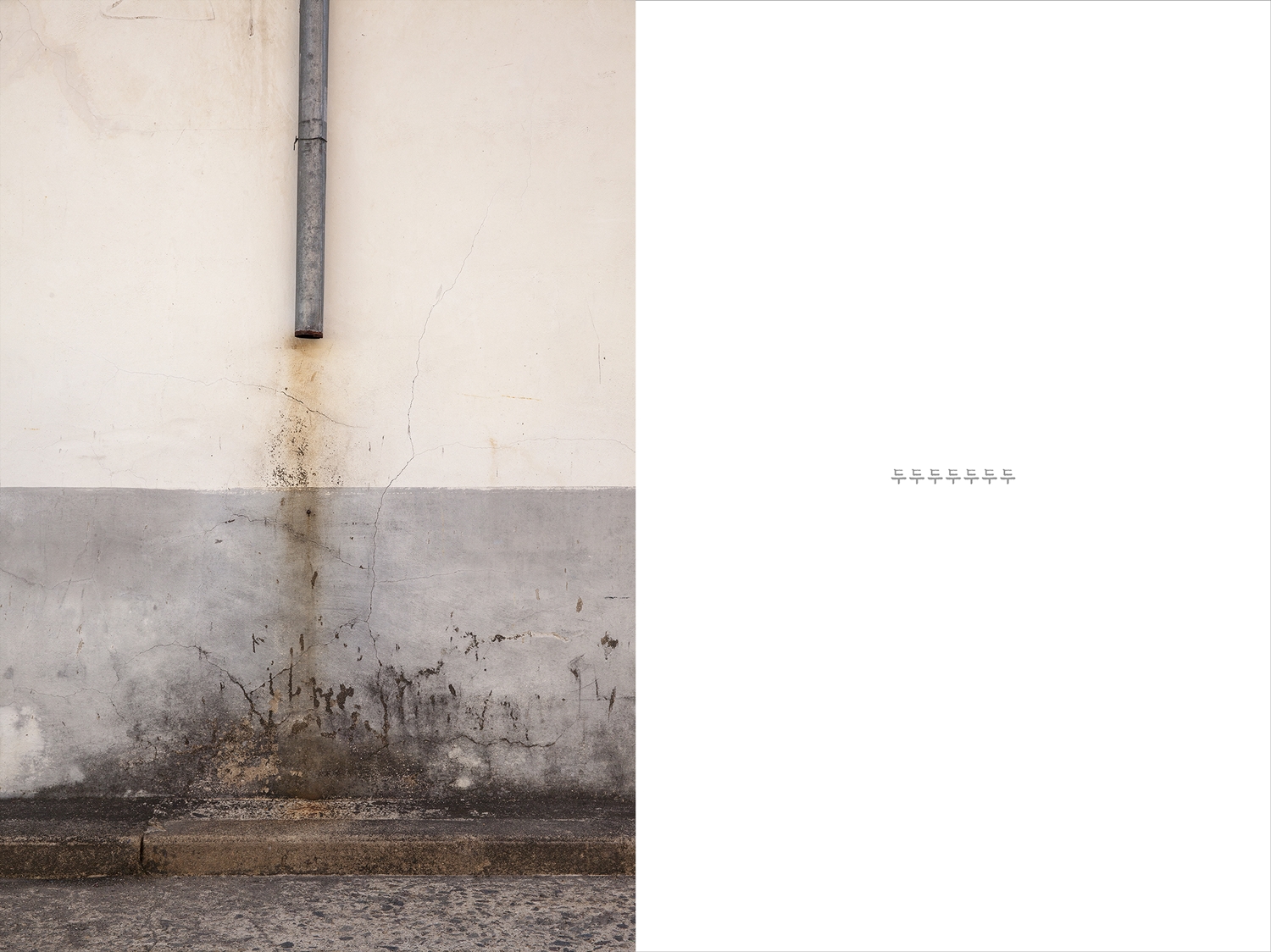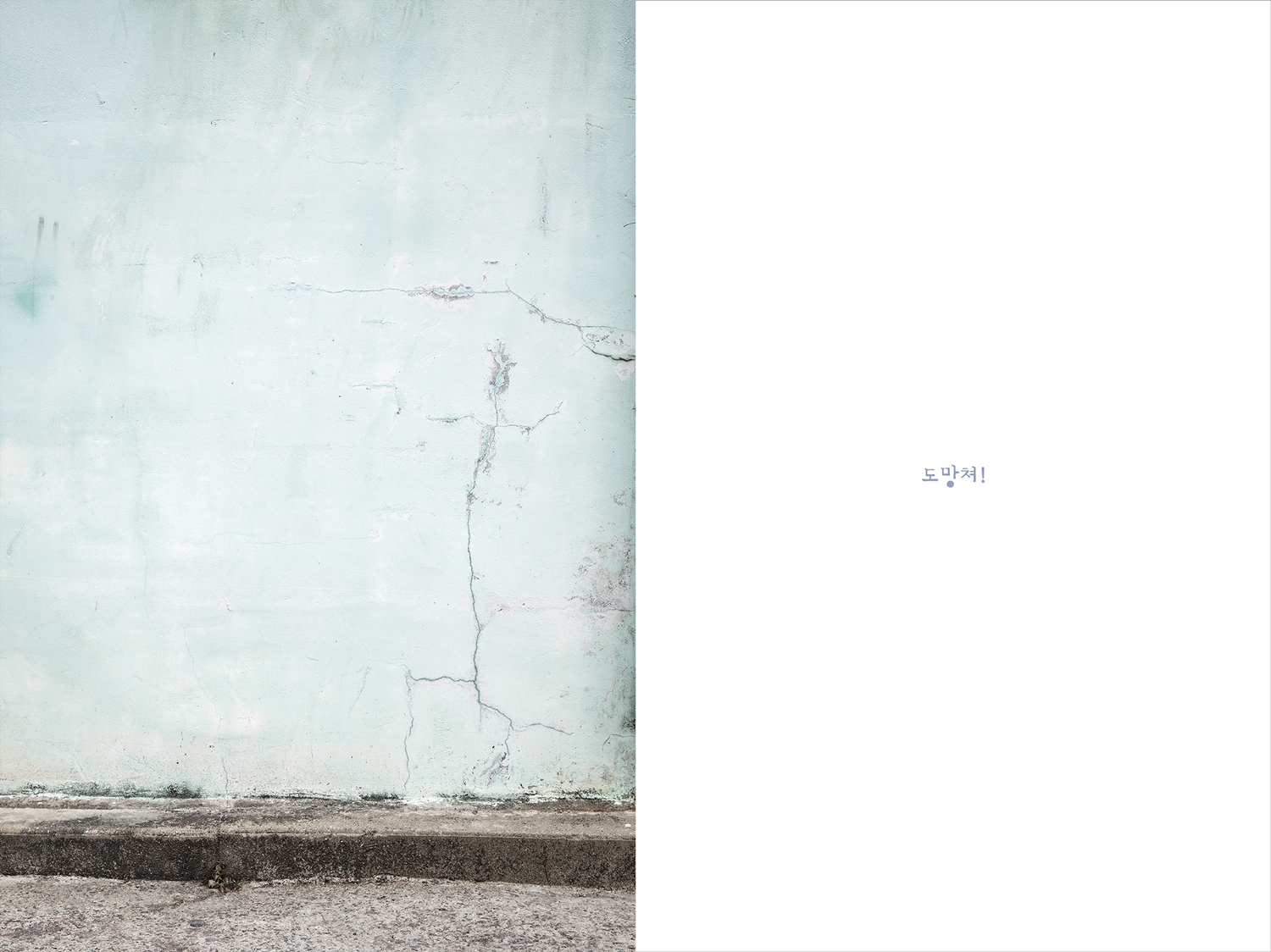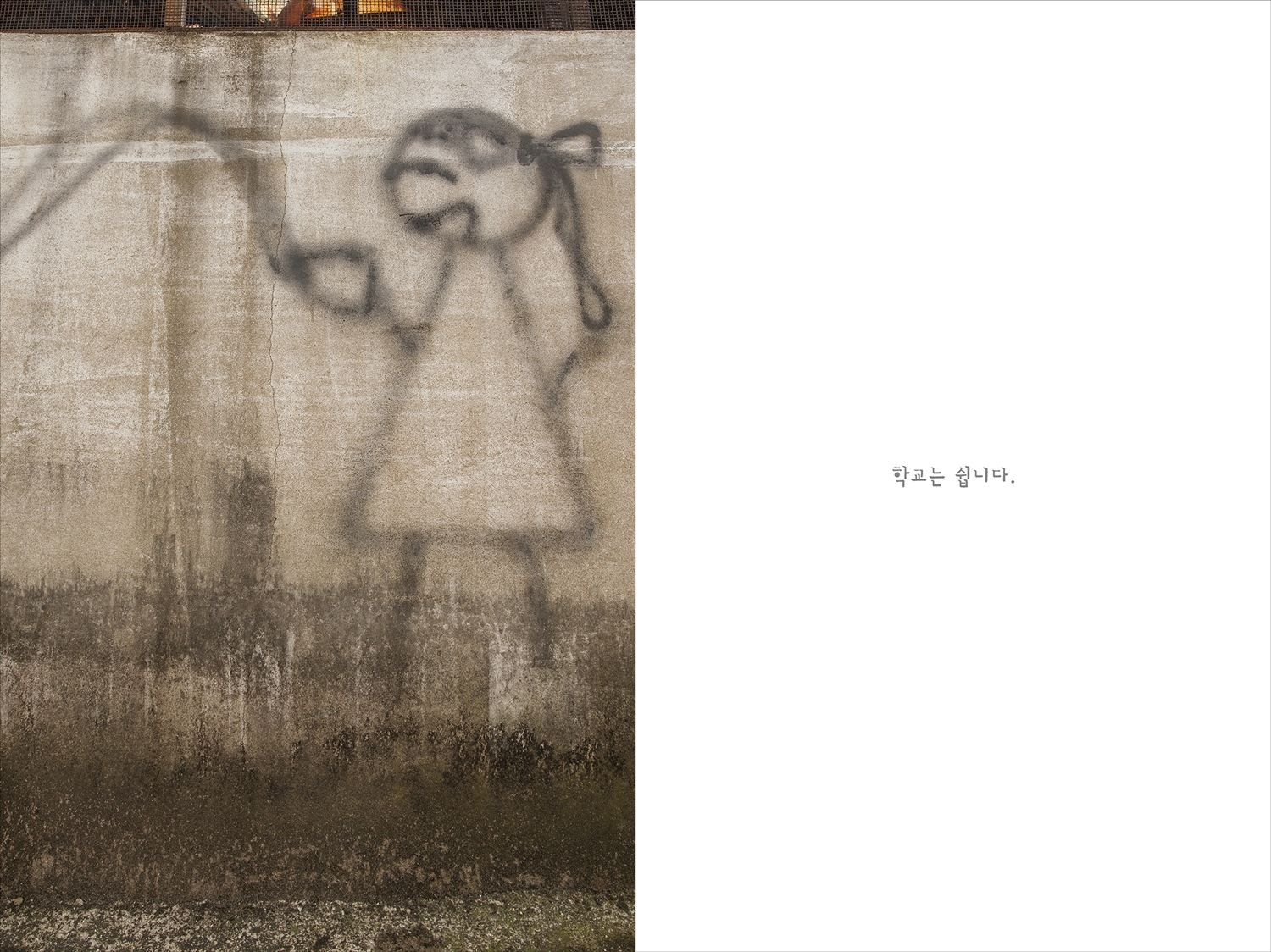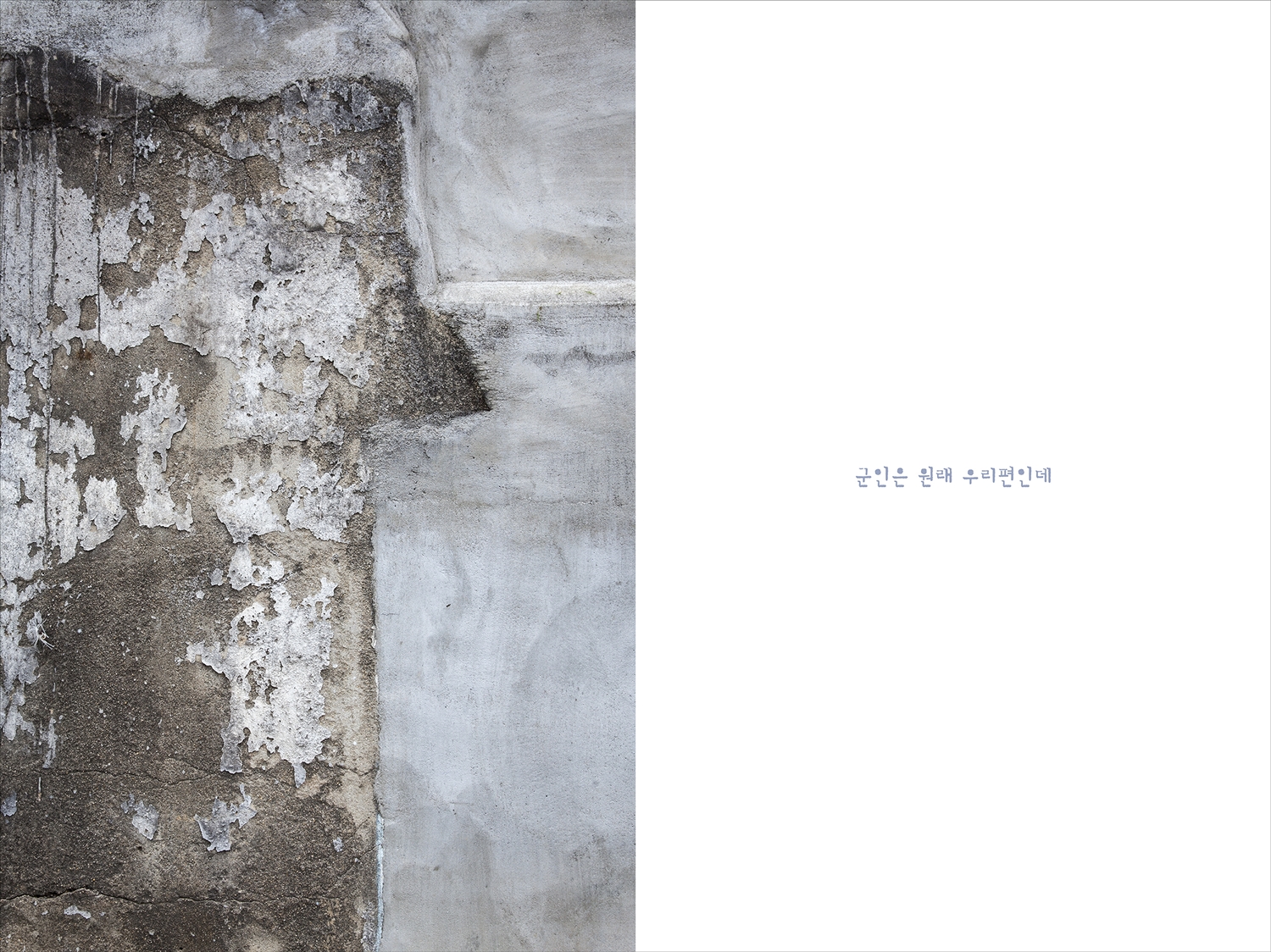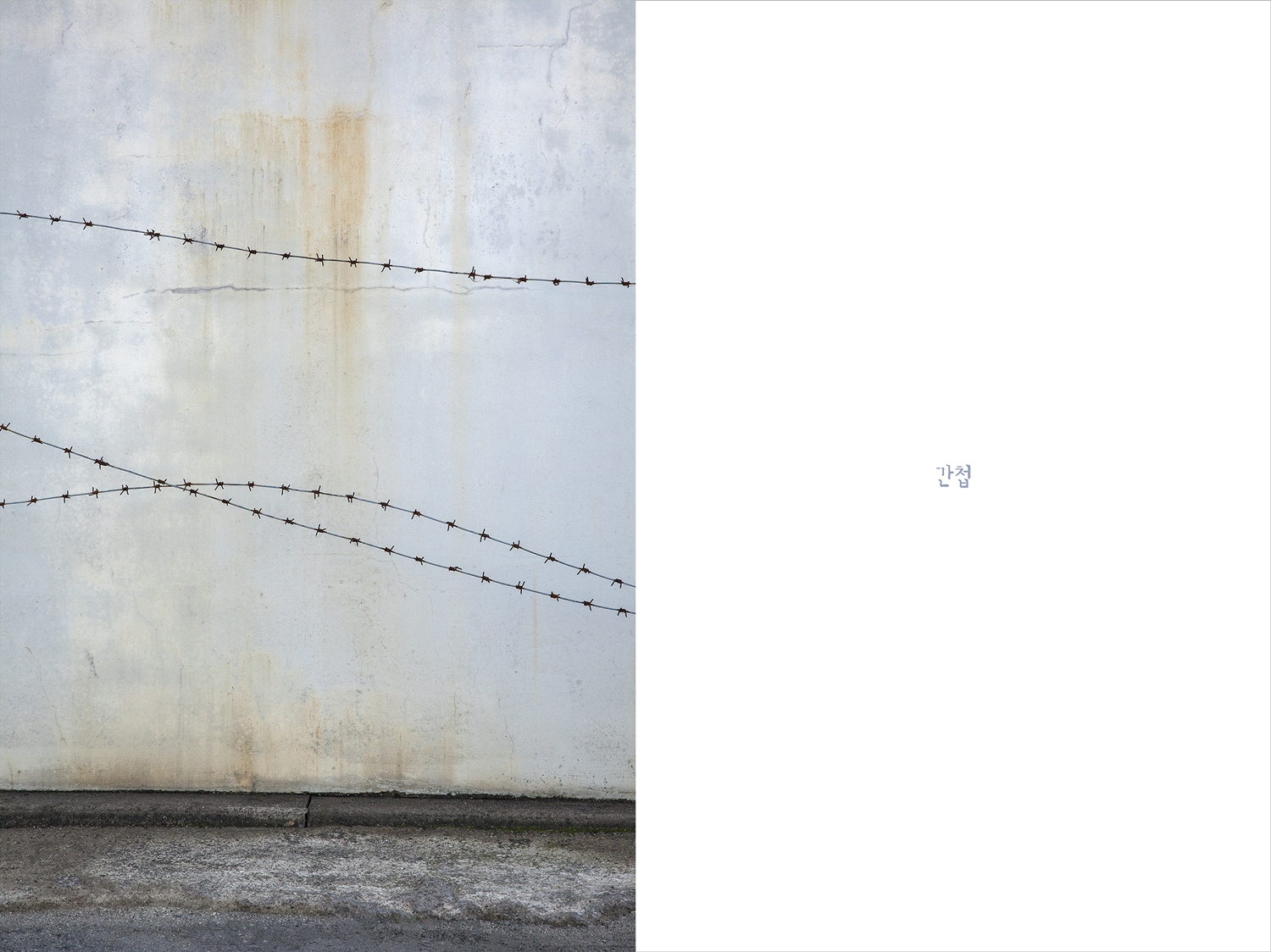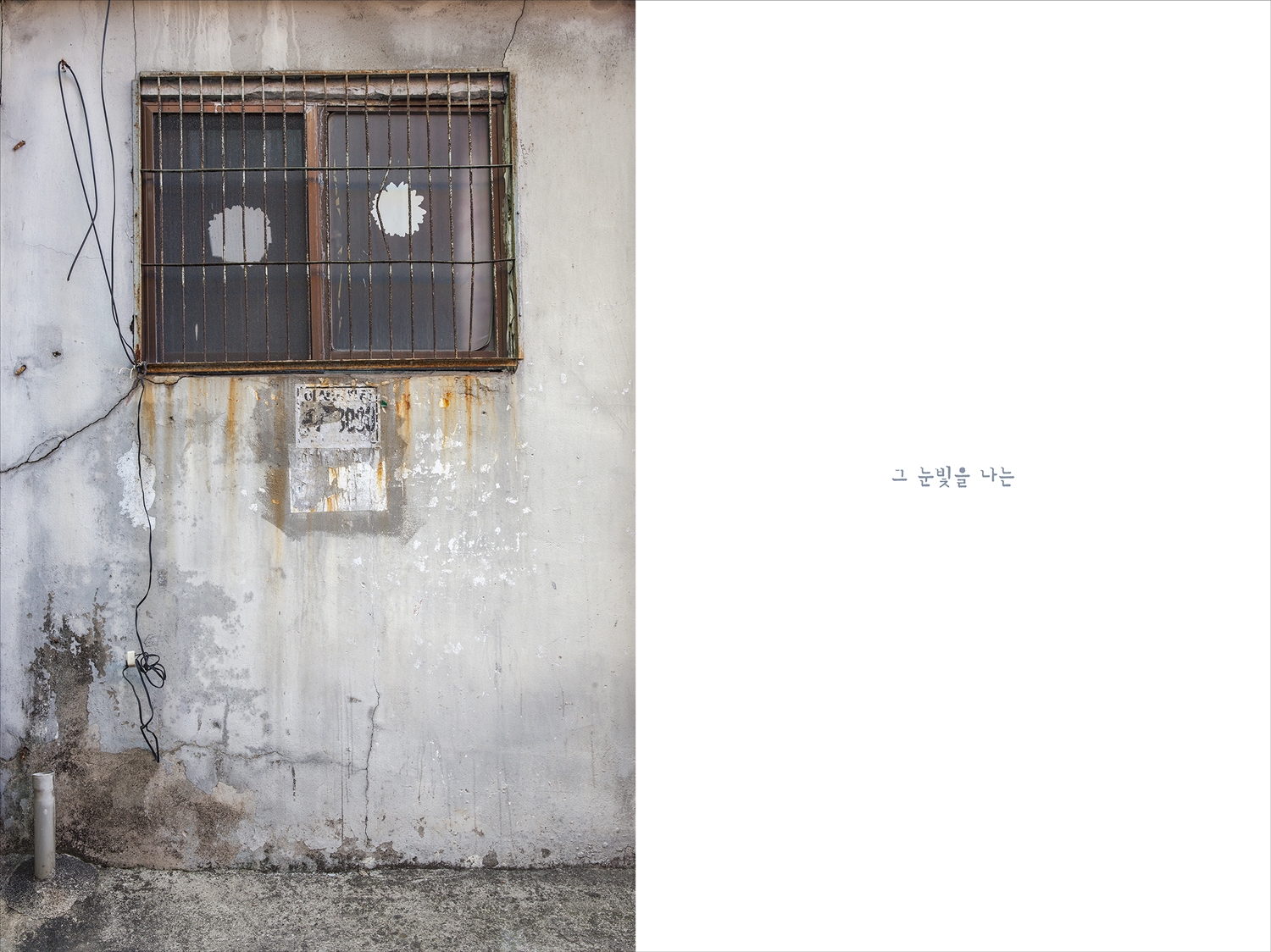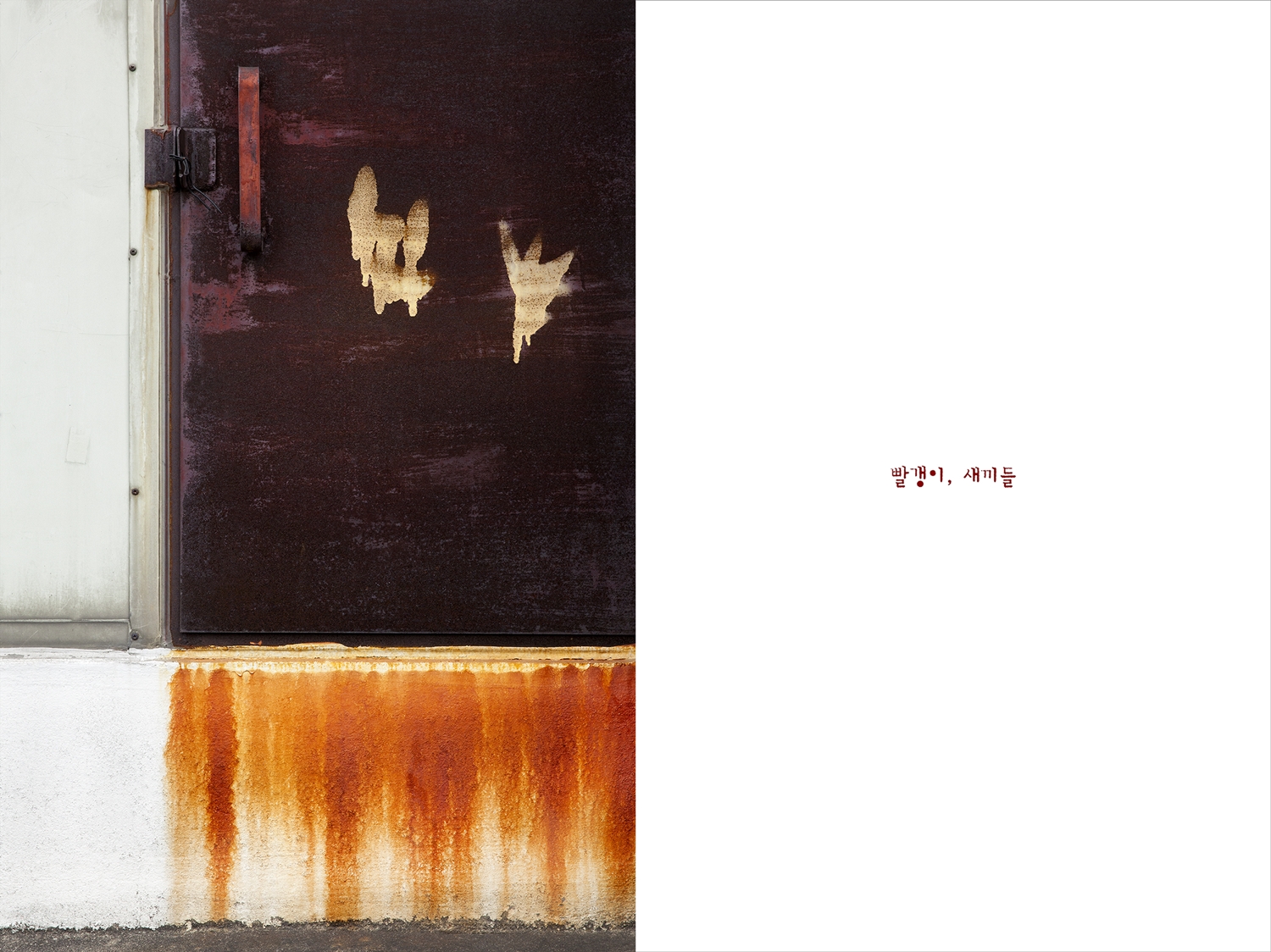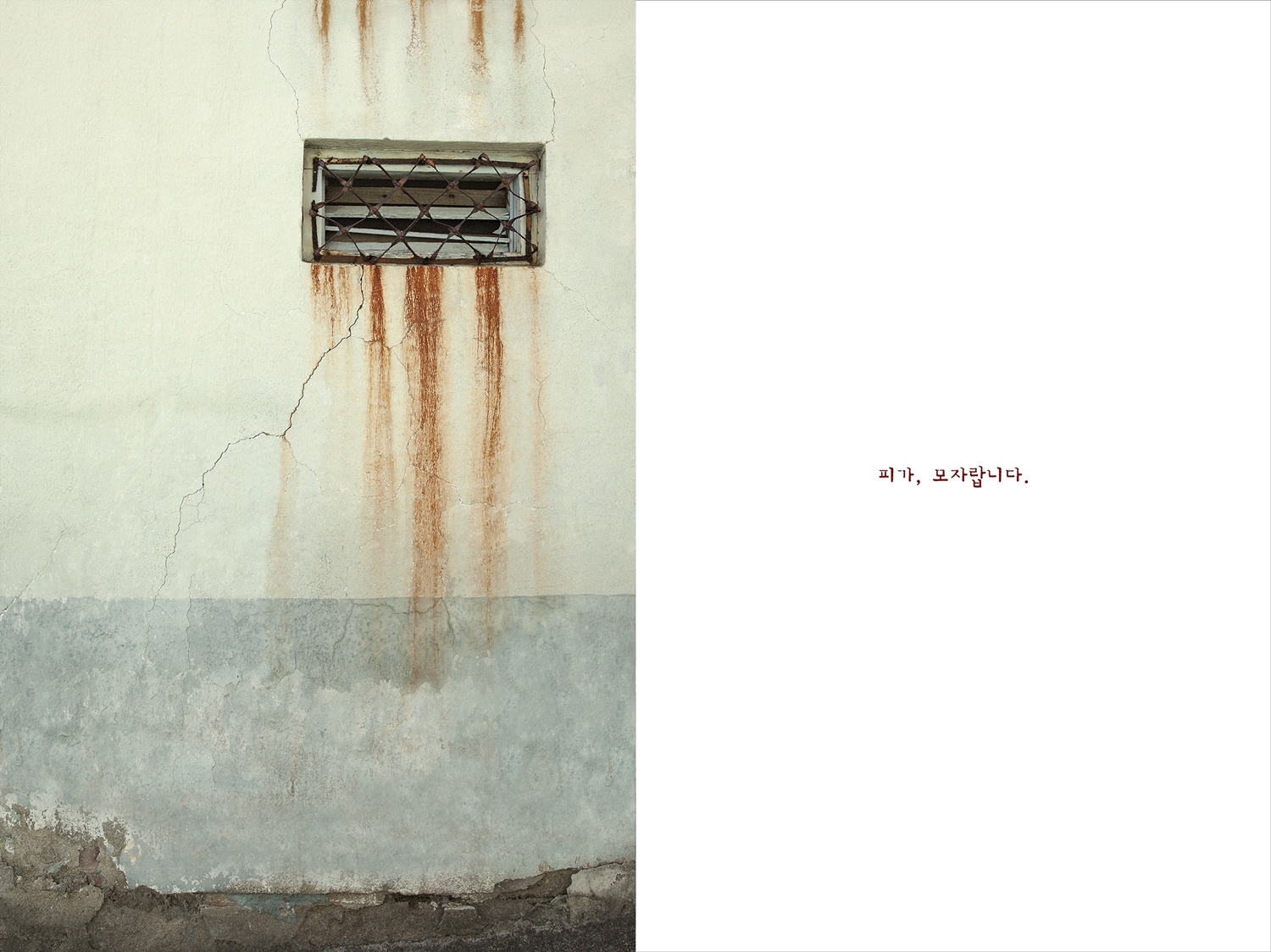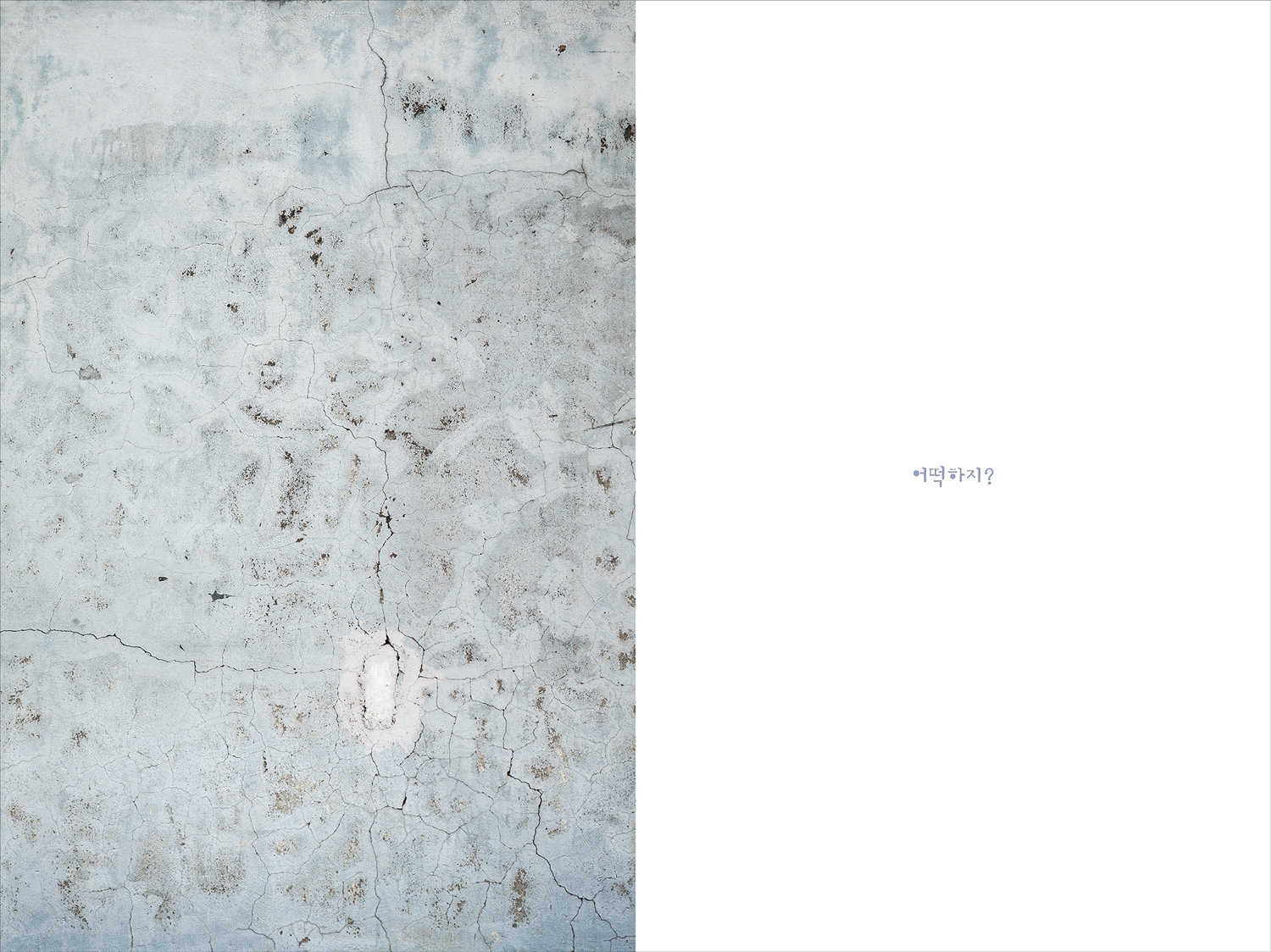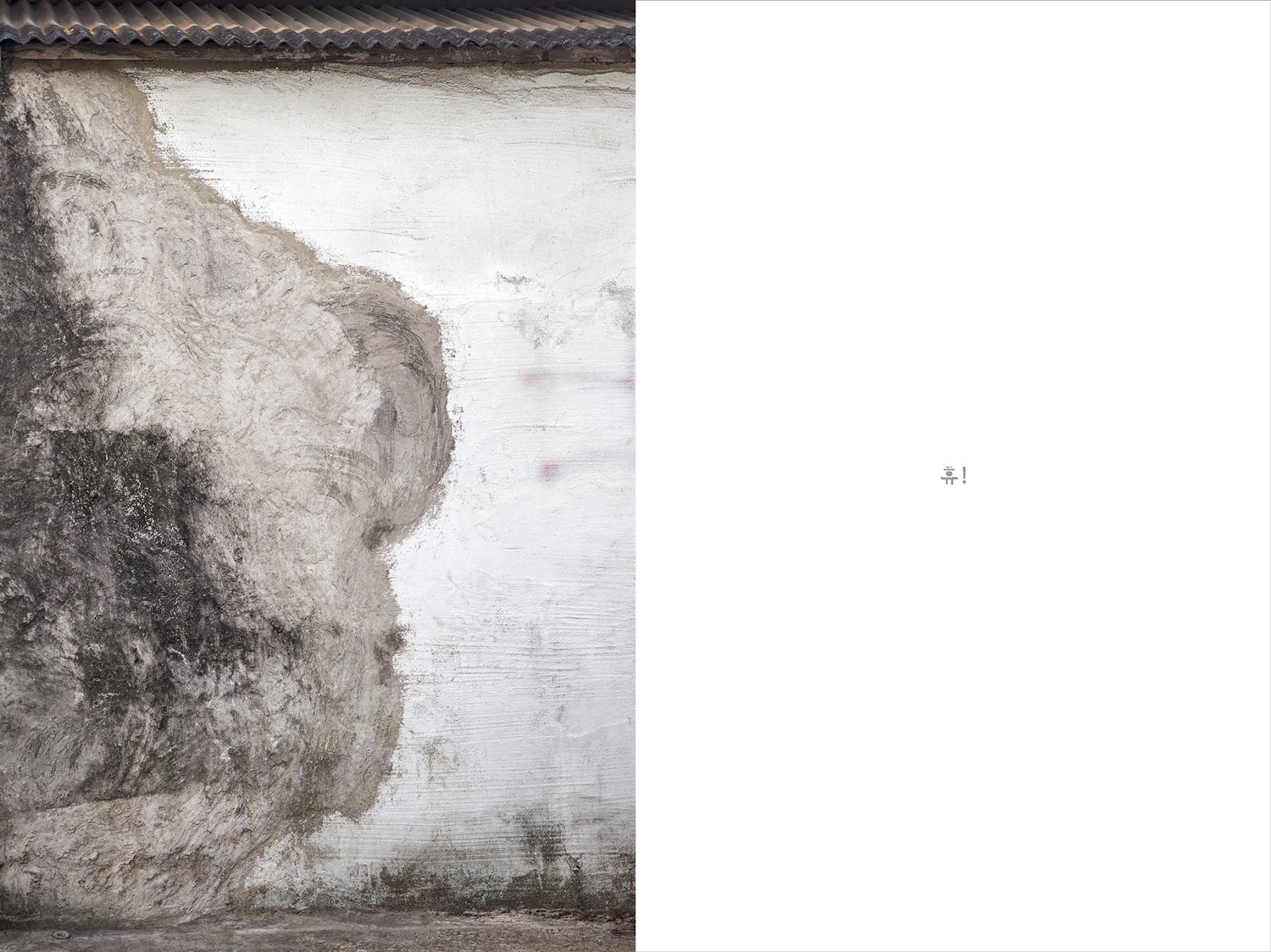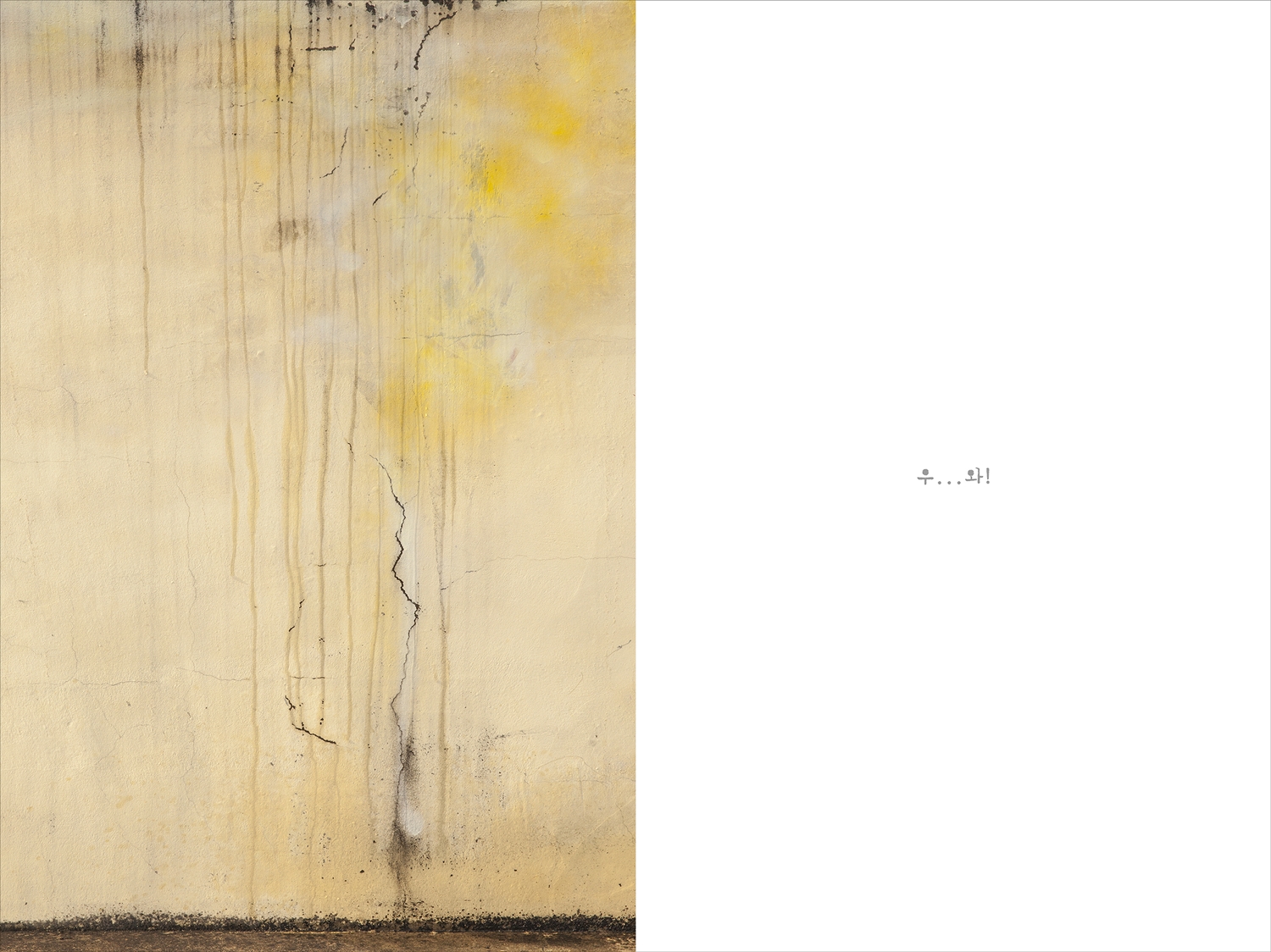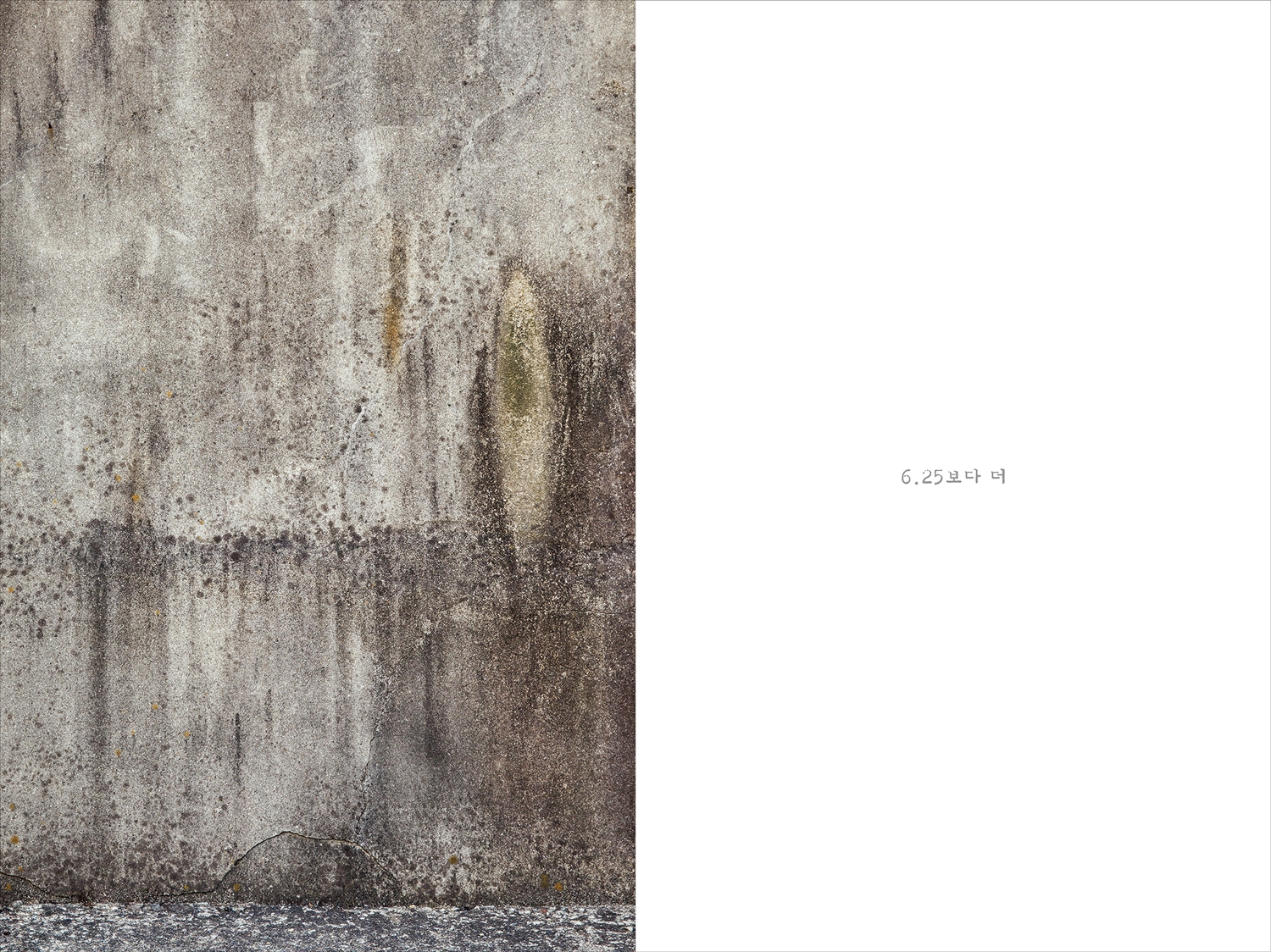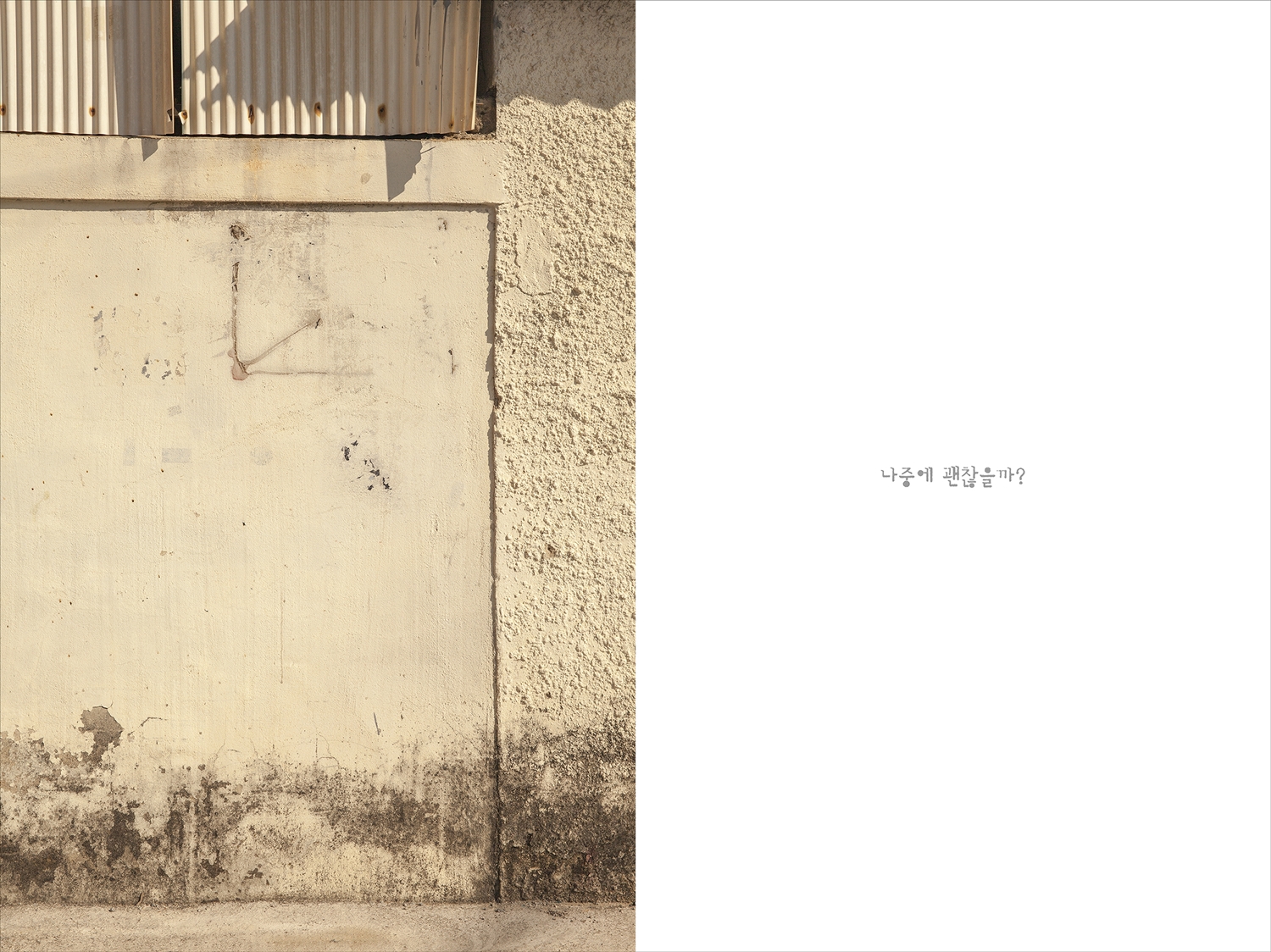When the May 18 story comes up, people often say, "You must know well since you're from Gwangju." At such times, I would jokingly reply, "I almost died then."
I lived on the slopes of Mudeung Mountain even then. Because Gwangju city was blockaded, we were isolated in our own way. I was 18 months ol...
When the May 18 story comes up, people often say, "You must know well since you're from Gwangju." At such times, I would jokingly reply, "I almost died then."
I lived on the slopes of Mudeung Mountain even then. Because Gwangju city was blockaded, we were isolated in our own way. I was 18 months old and had measles, and I almost died because I couldn't go to a hospital in the city, they say. Of course, I don't remember.
"I was starting elementary school then." My sister had the face of an eight-year-old. The memory that flowed from my sister's lips, perhaps nothing special, stabbed me deeply.
The elementary school students of that time are now raising elementary school children.
"At least it was good not to go to school."
"Even when tanks passed, the asphalt didn't break."
"It was Buddha's birthday but they didn't show cartoons."
Strangely, when talking about that time, they naturally became children's faces. While trivial memories gathered together and ripened into something that couldn't be trivial, I tossed and turned in a strange pain.
Children's memories can be dismissed as incomplete, but they saw and experienced directly, not through reading or hearing. Also, children were at the scene, but they are beings that no one can hold morally responsible.
I walked through the neighborhoods where they lived. Houses also age. Looking closely, the traces on walls and the properties of memory have similarities. They pile up layer by layer, wear down, and refract, but don't disappear easily.
I walked for a whole year with this strange pain as my companion. Accidental traces on walls became entangled with unrelated children's memories. Stories that were asked and unasked wander in the backyard of weight and meaning.
